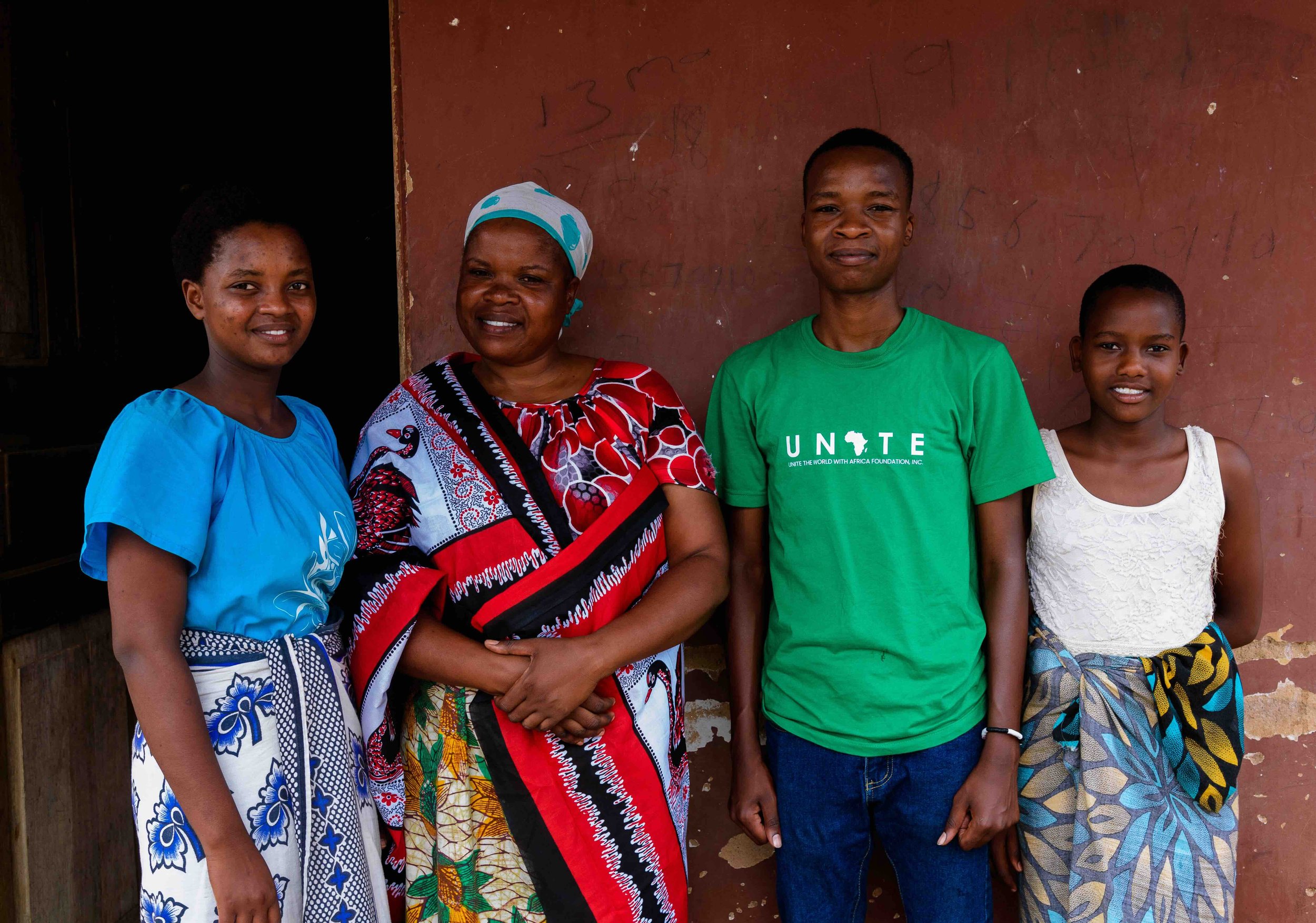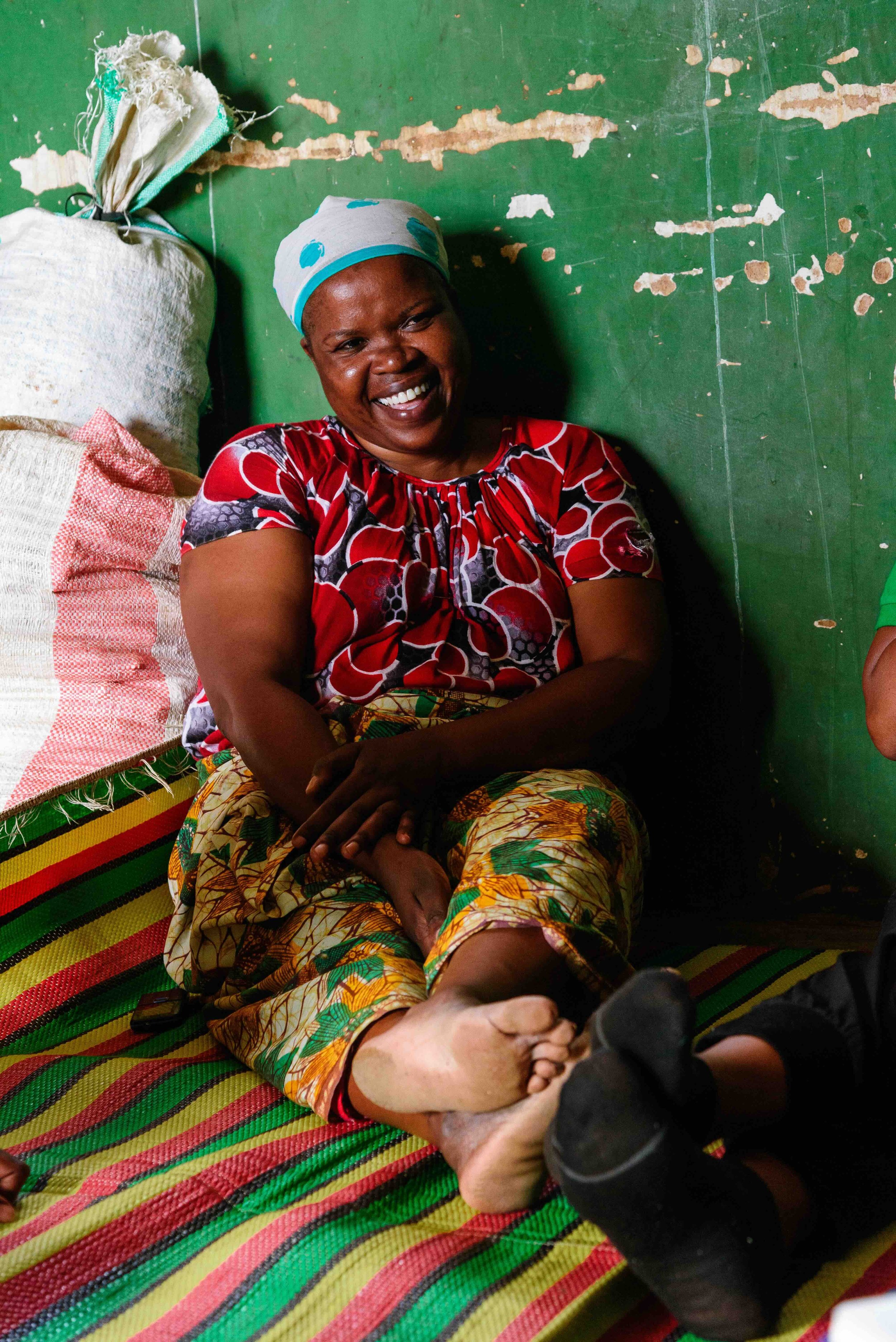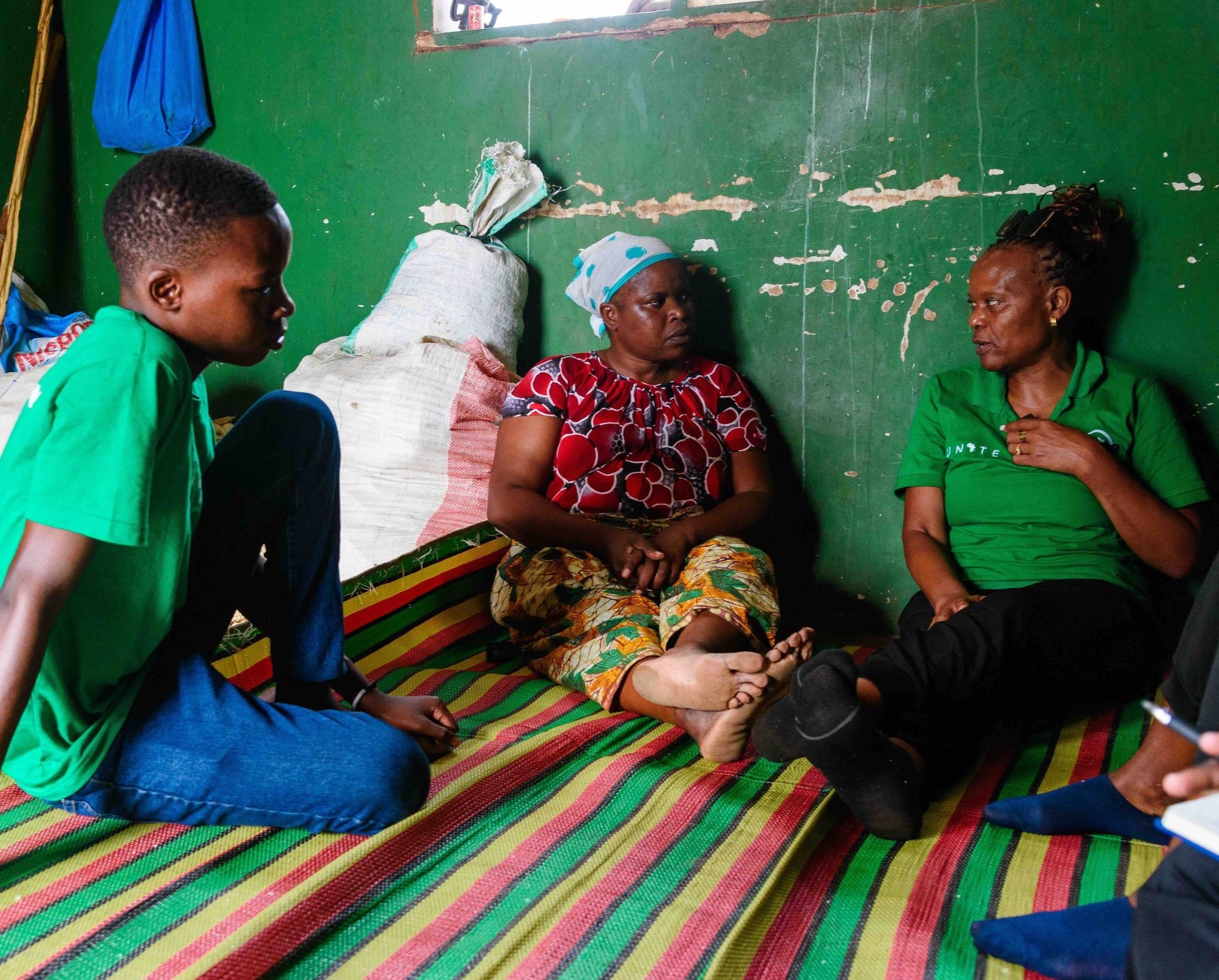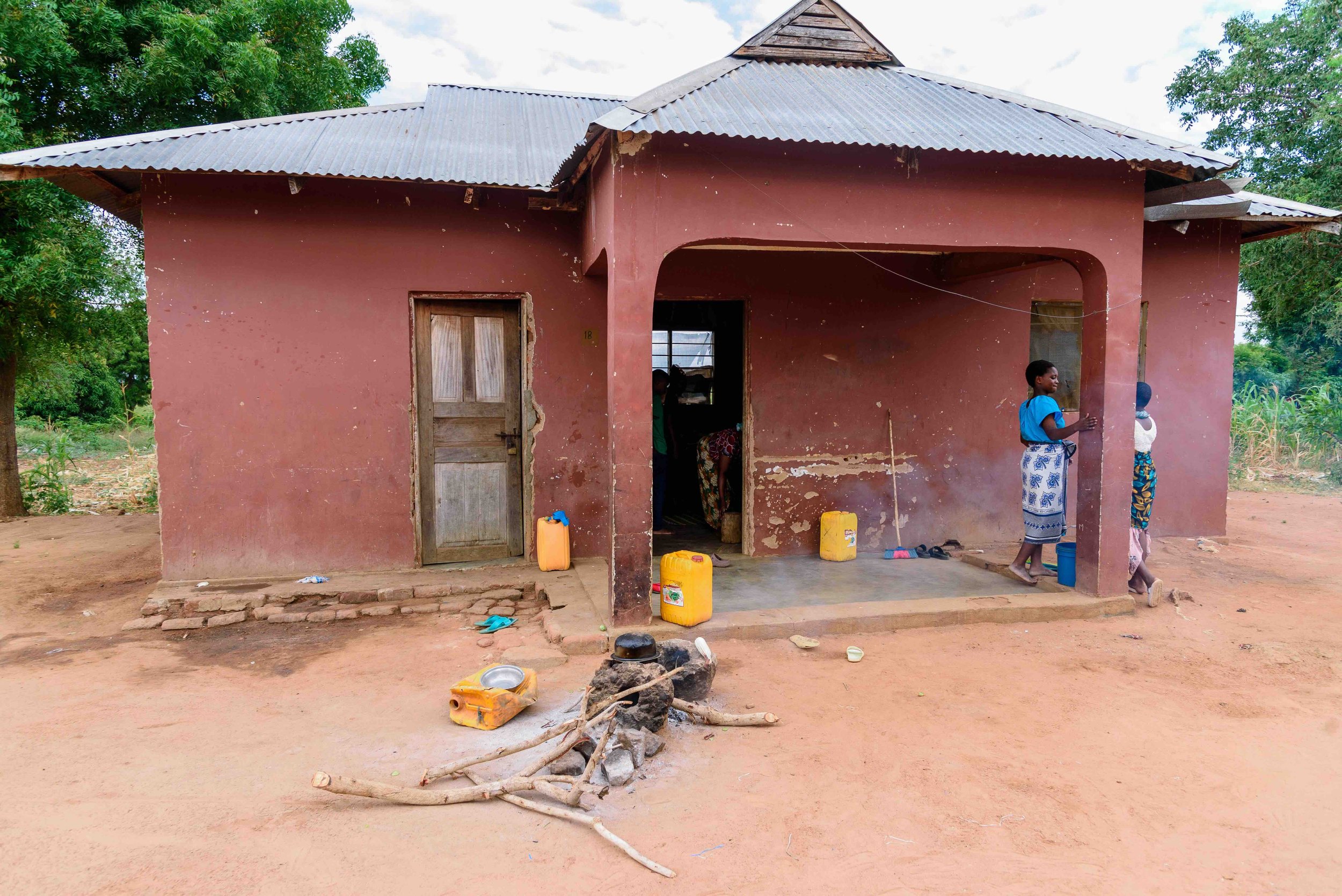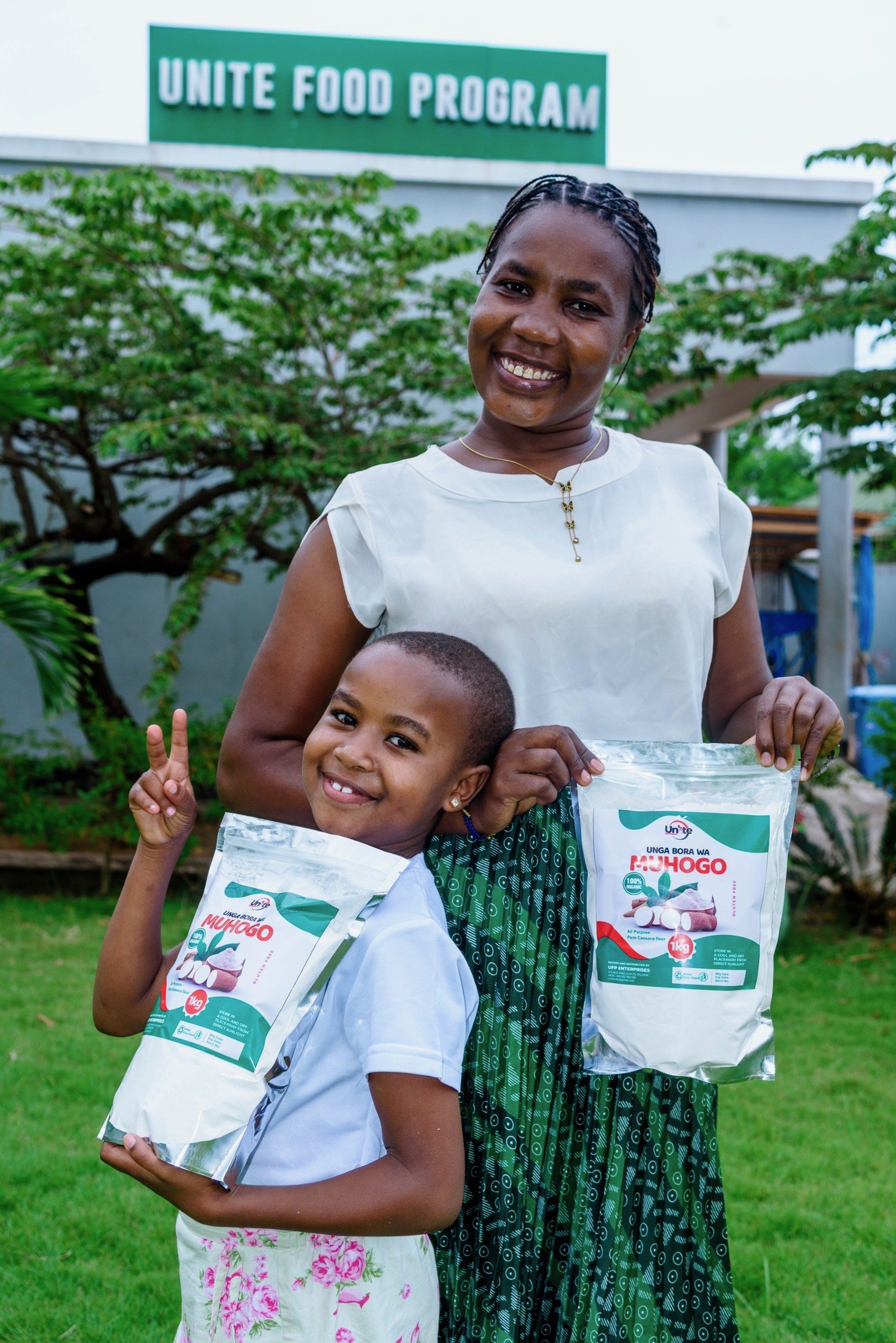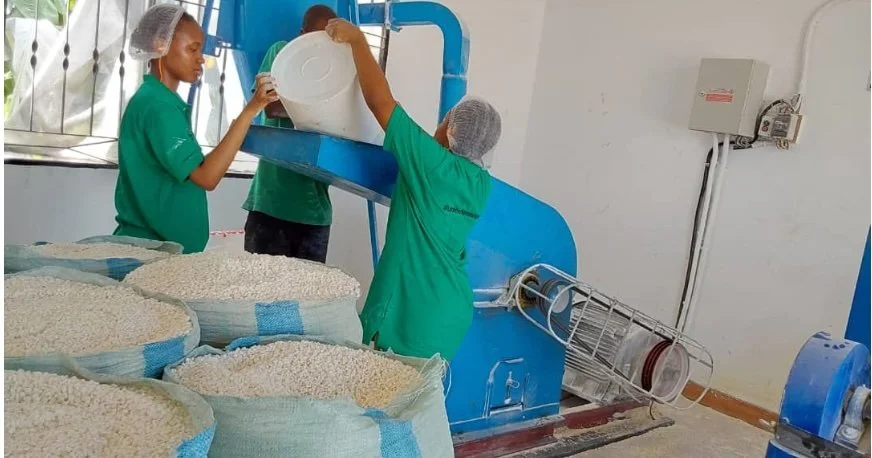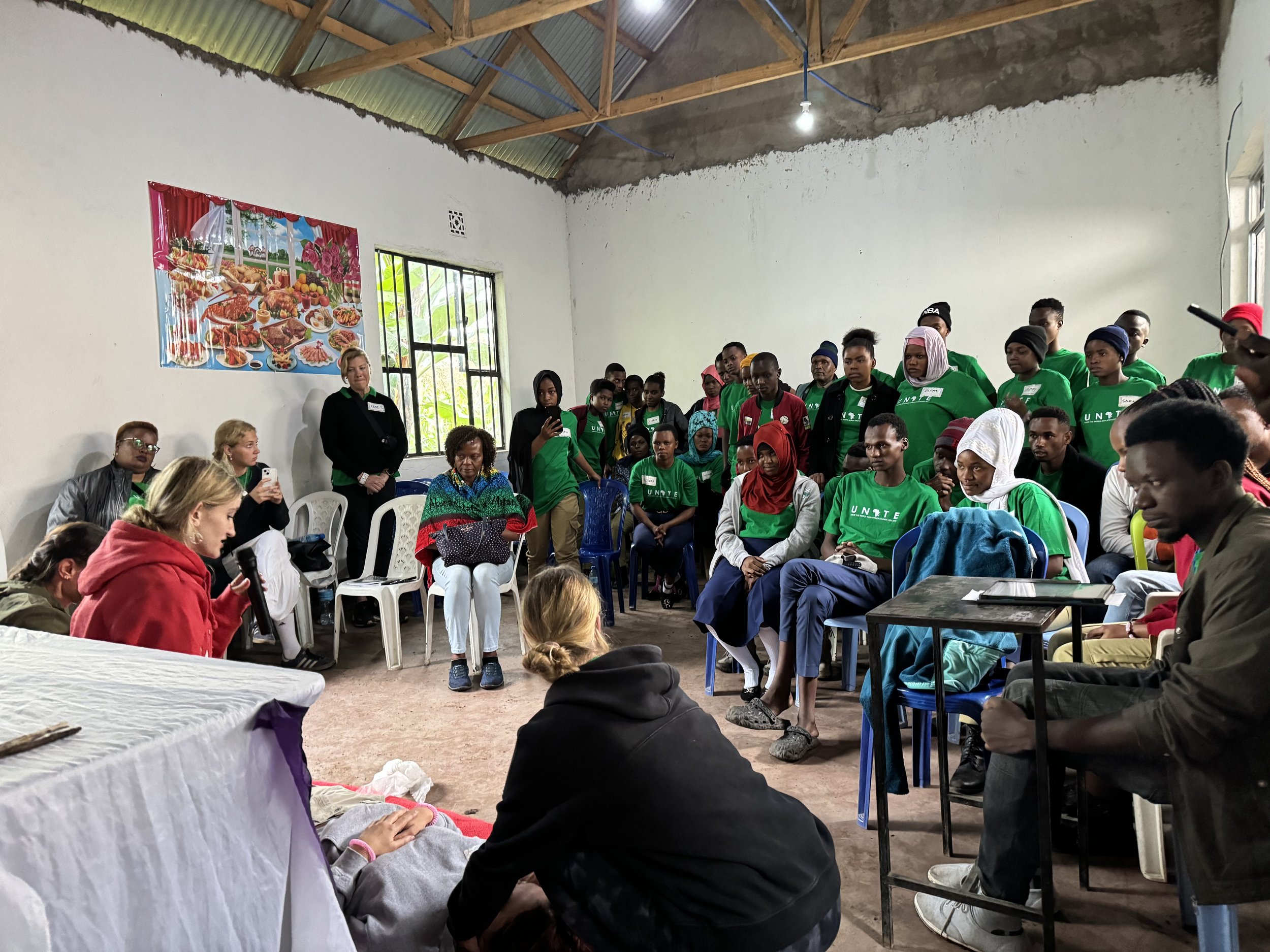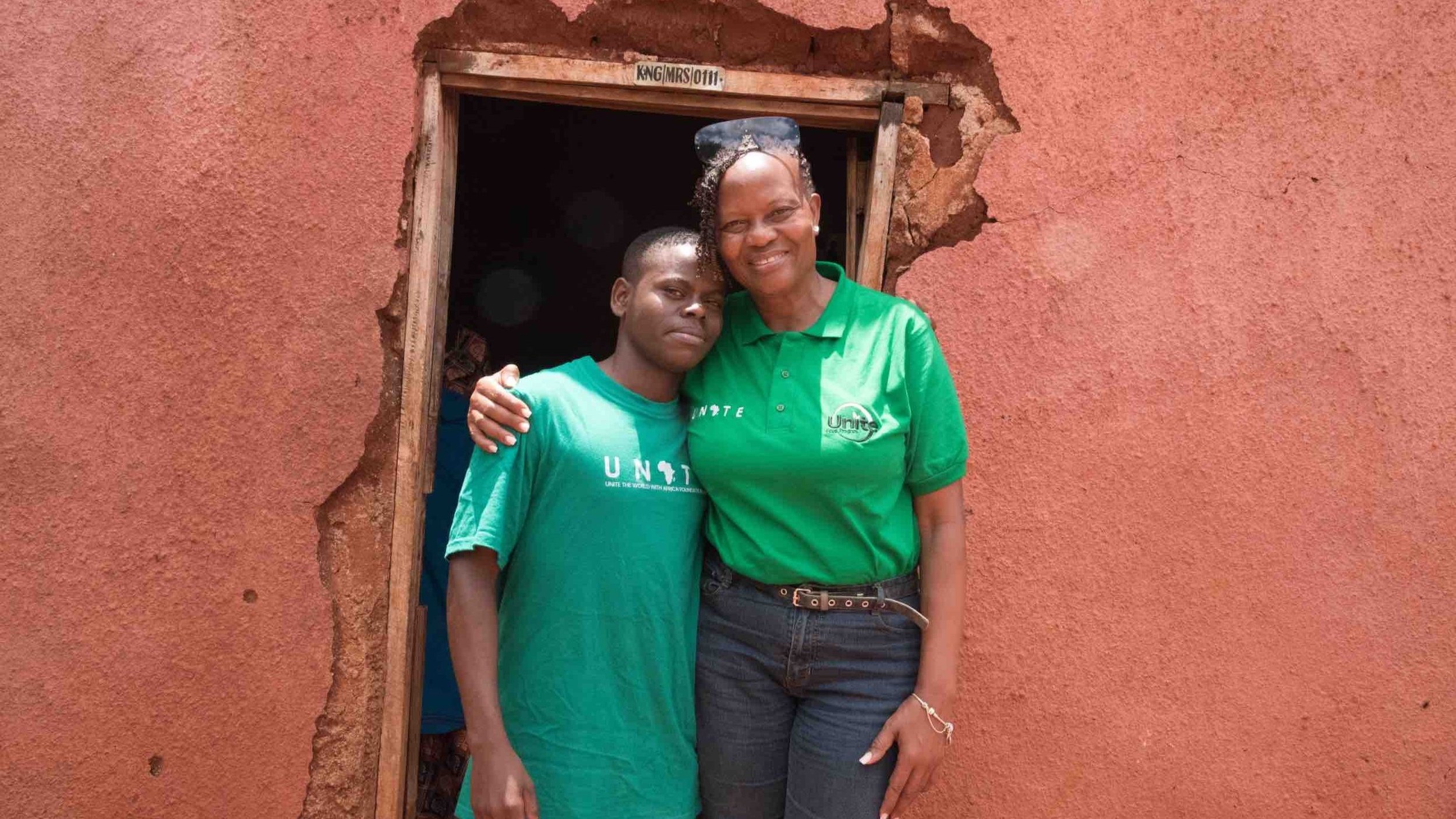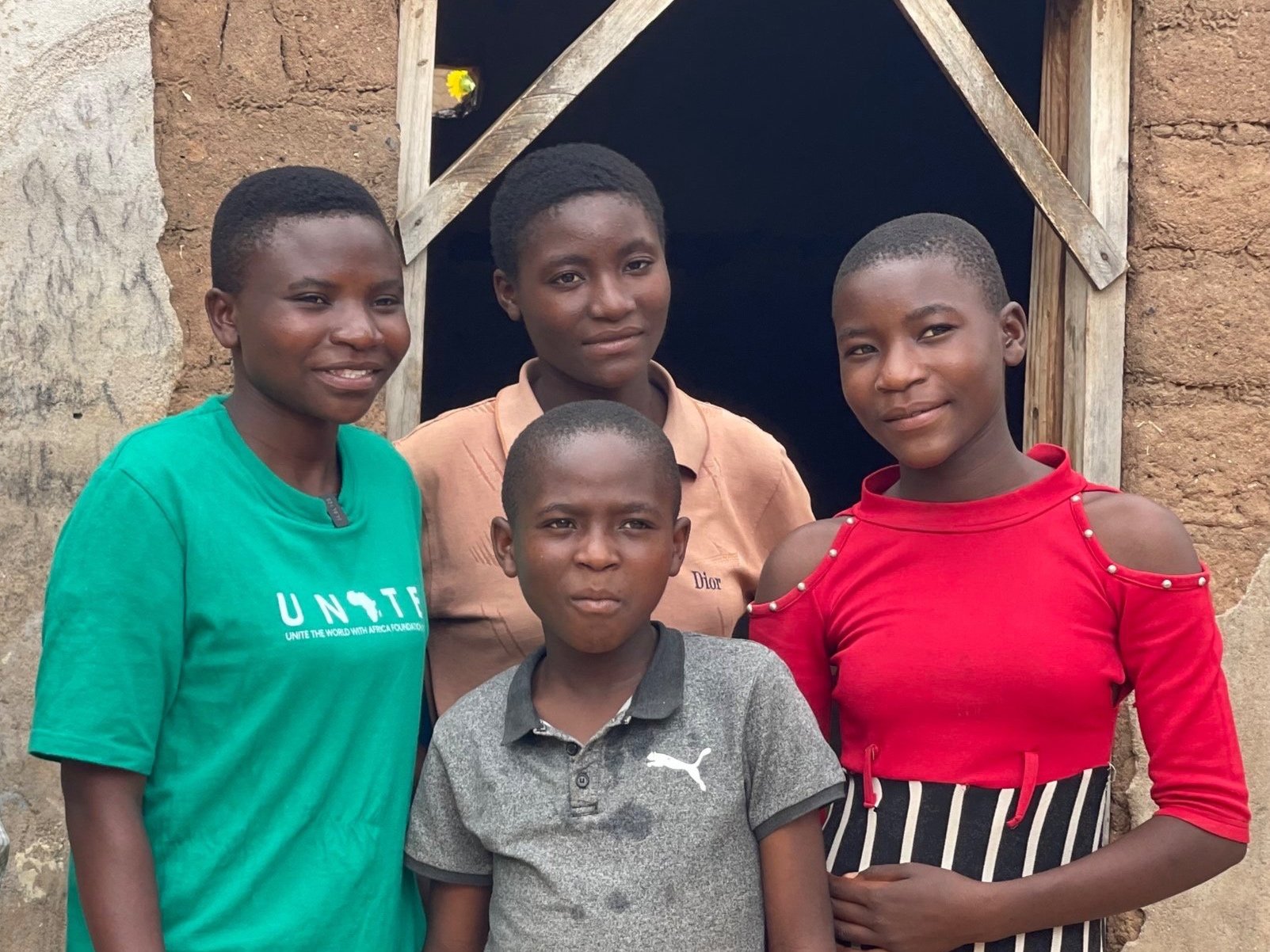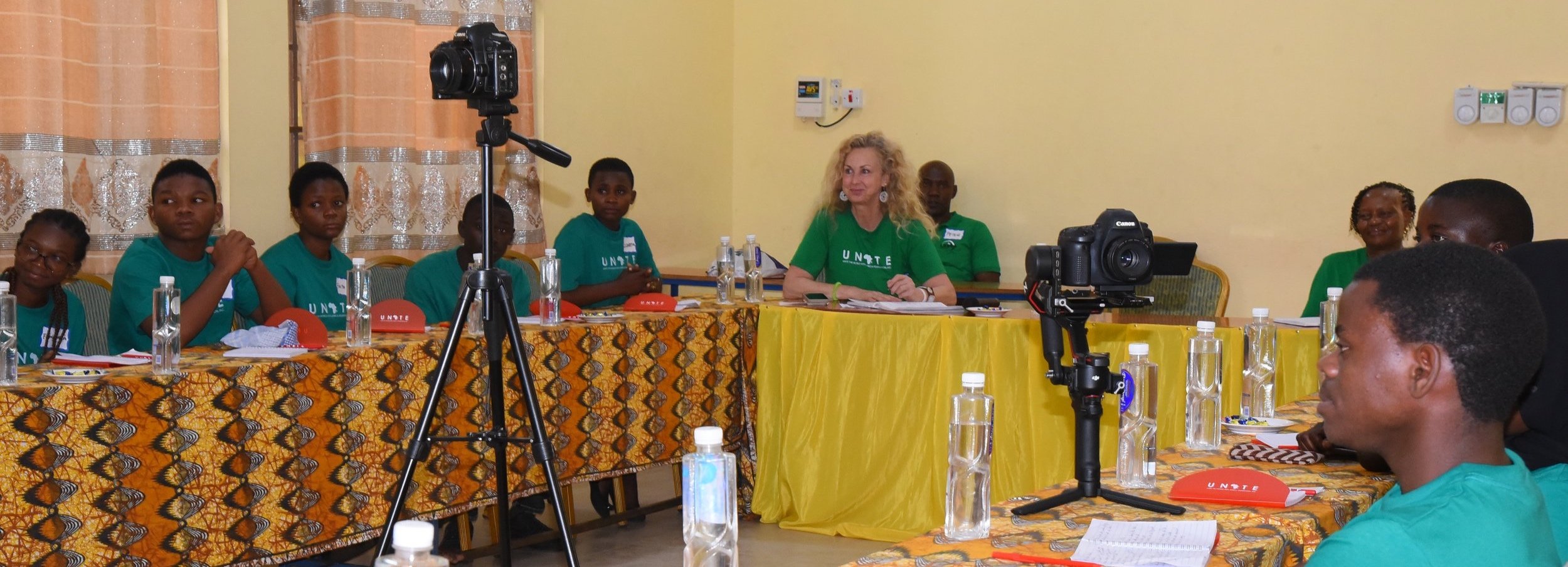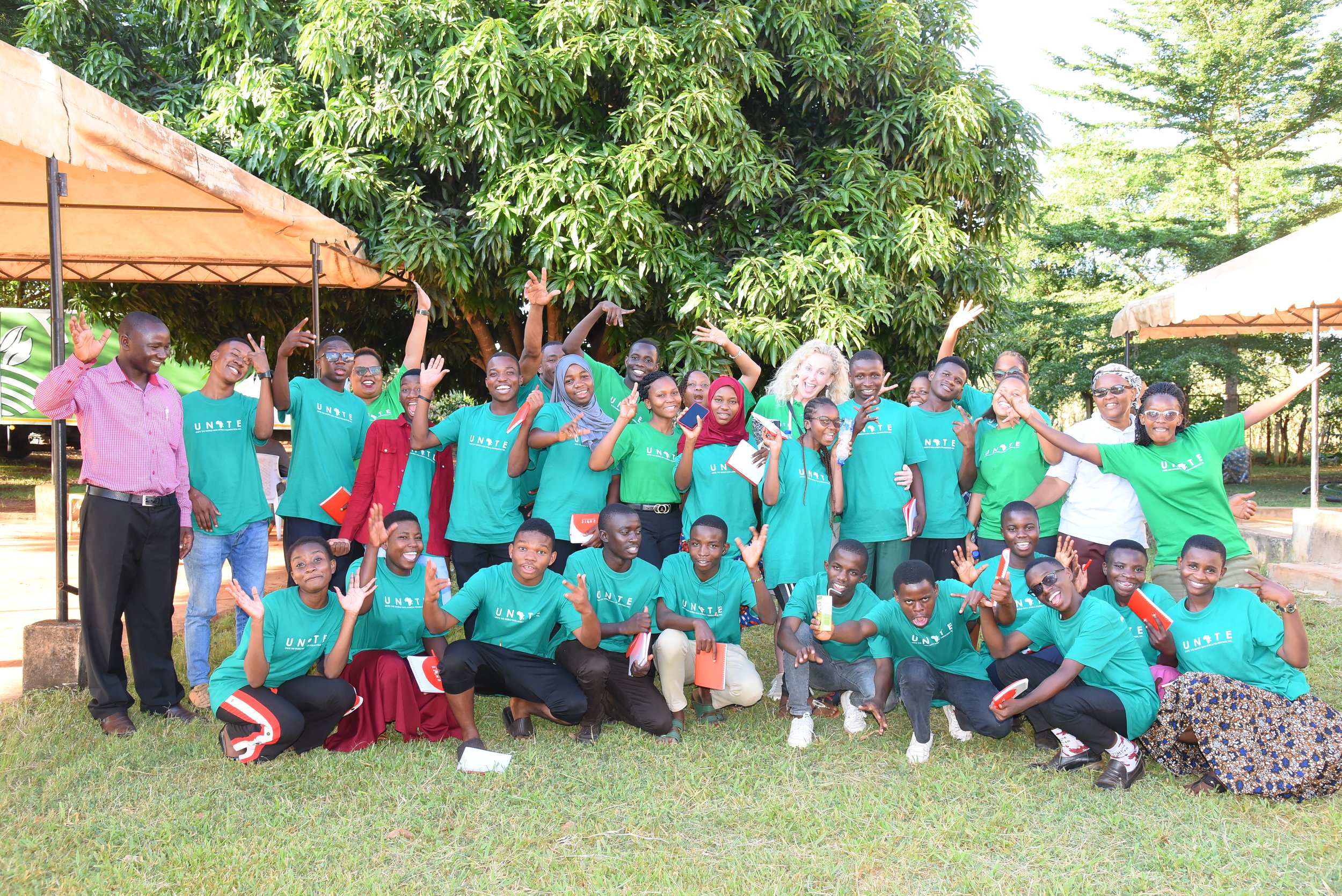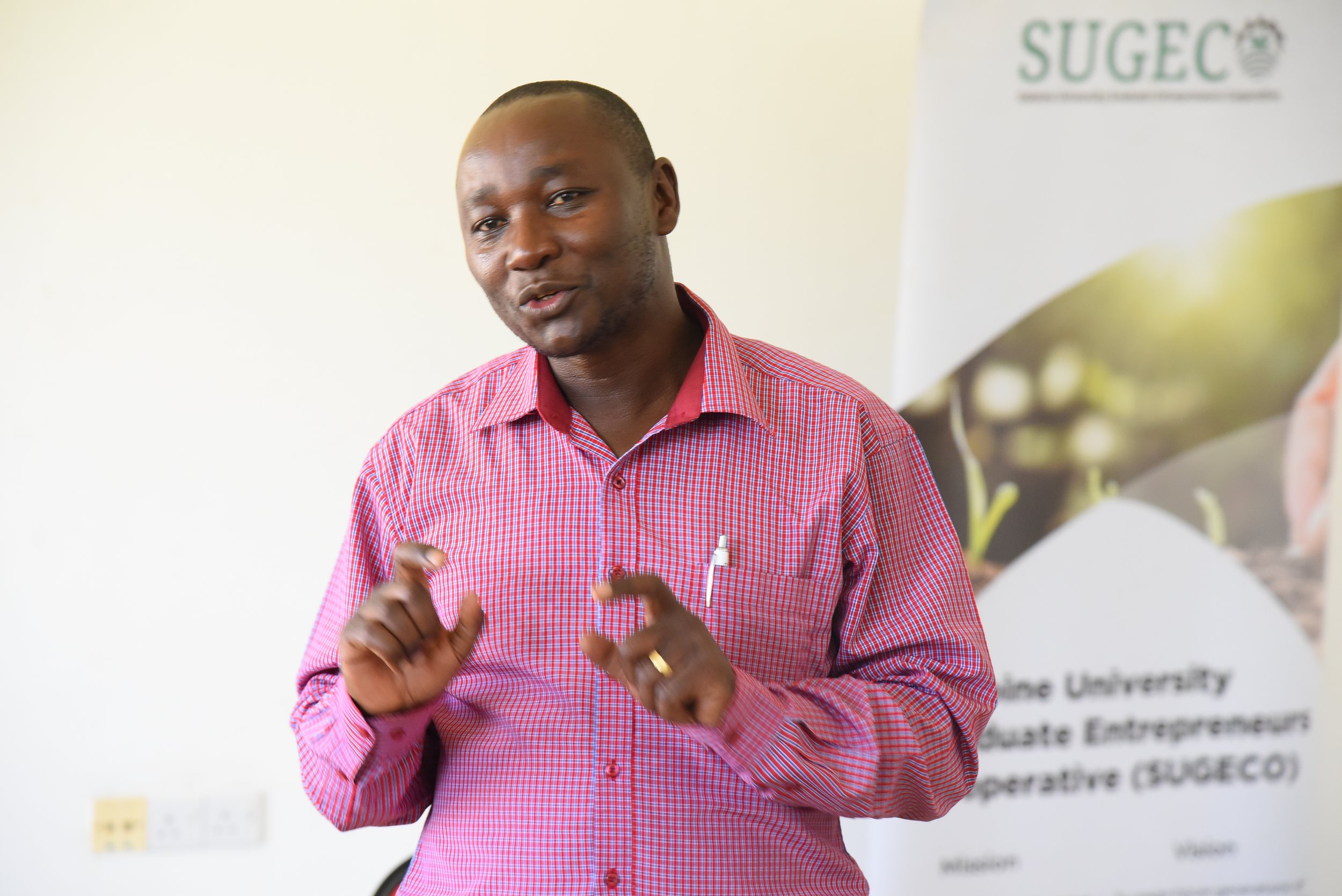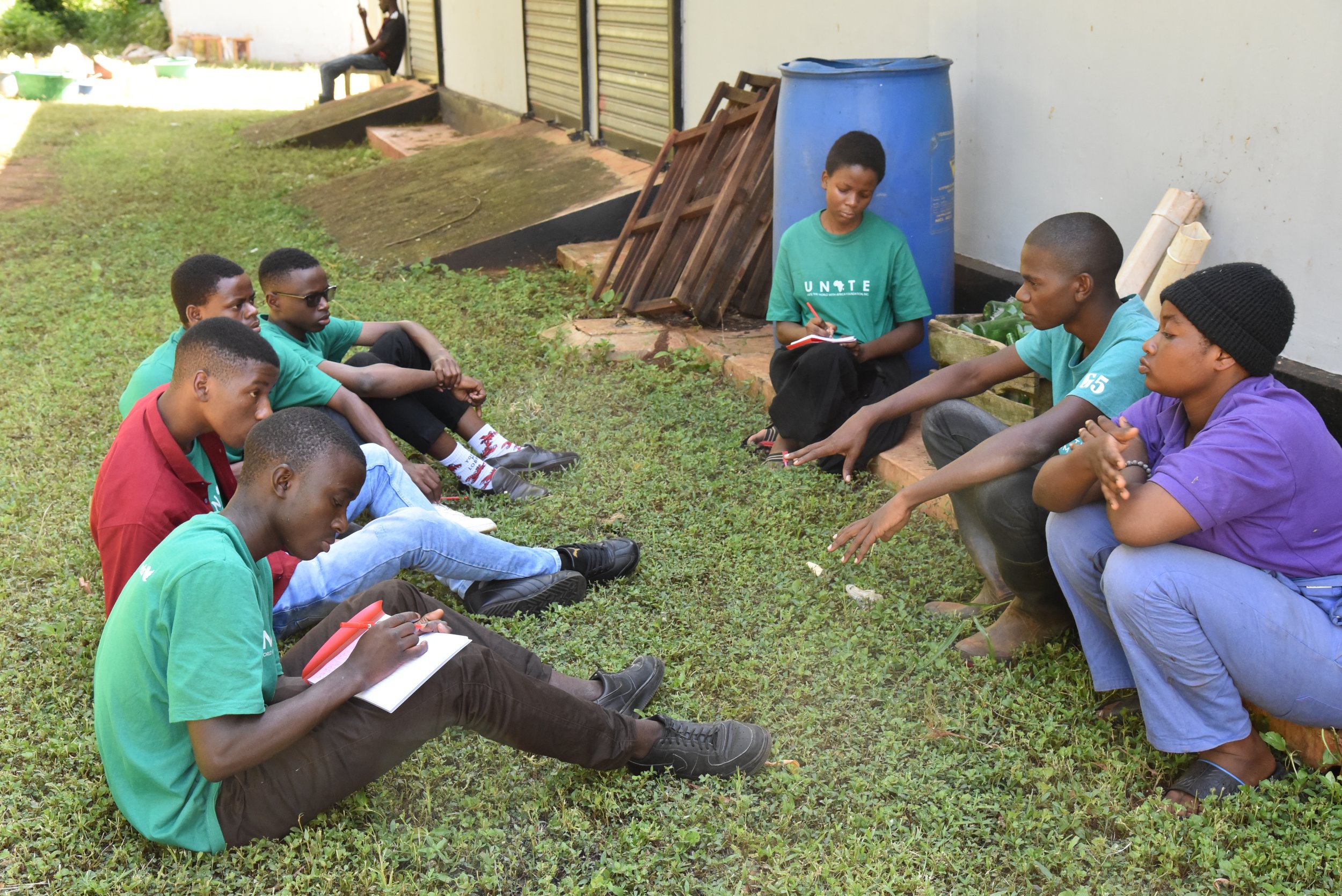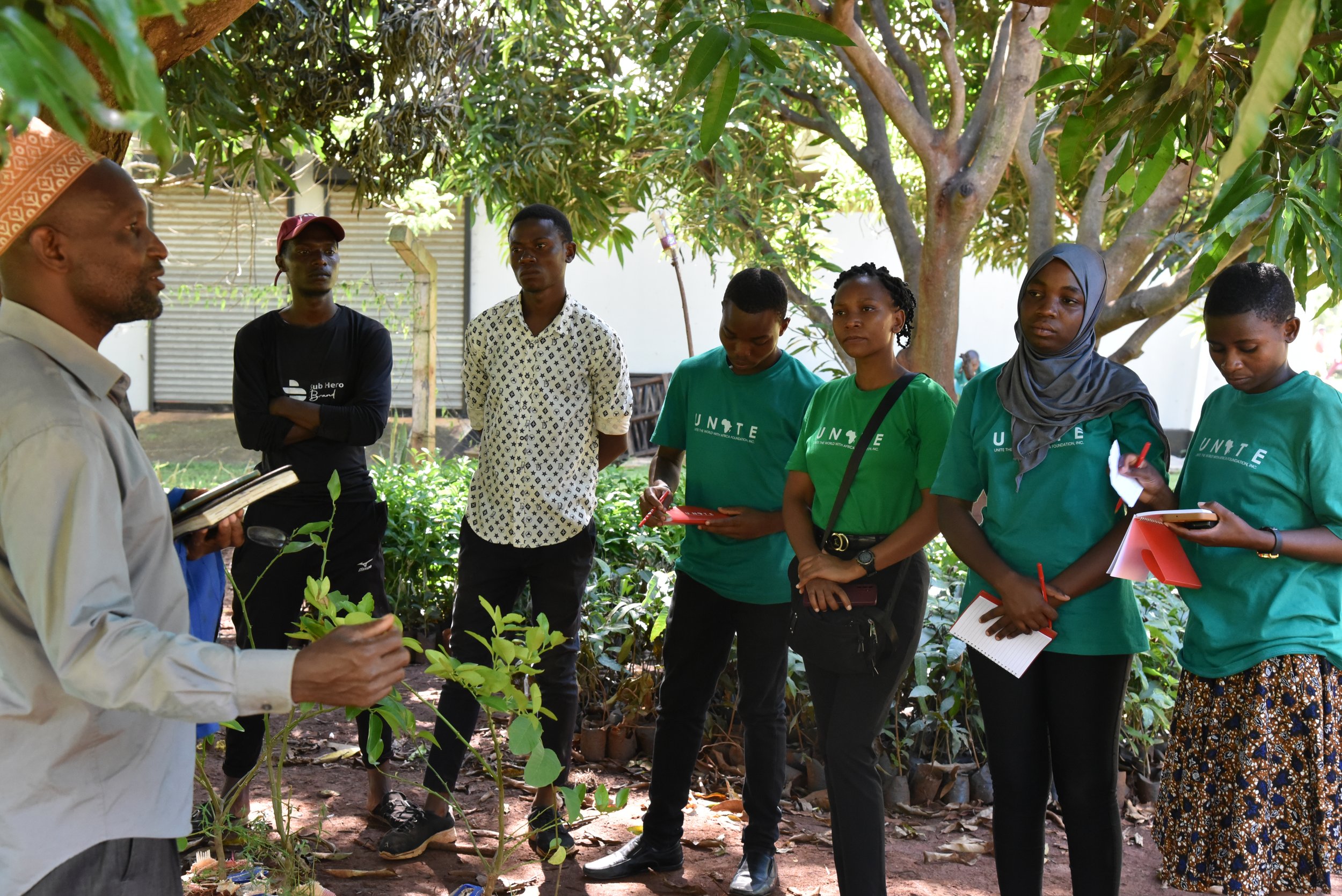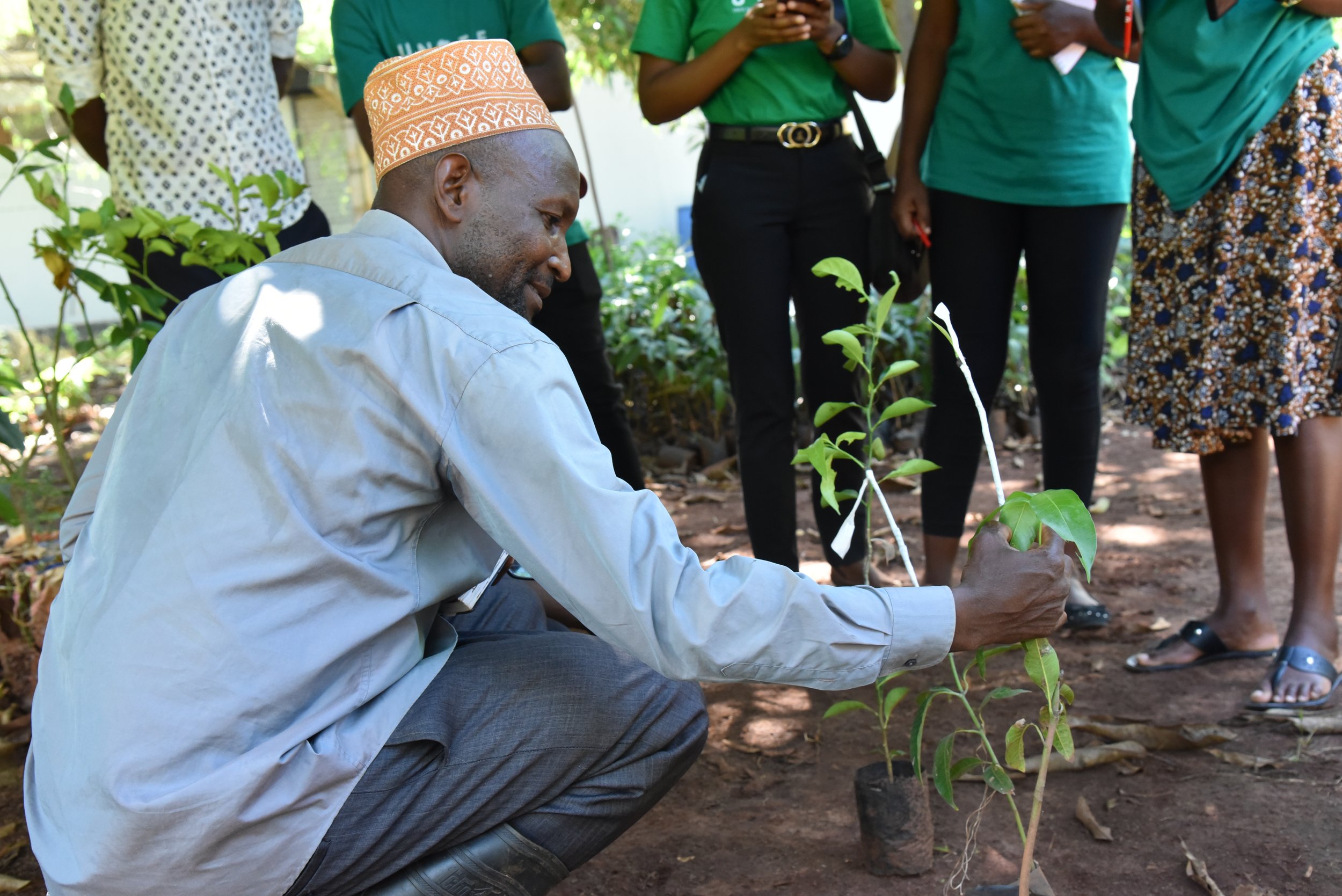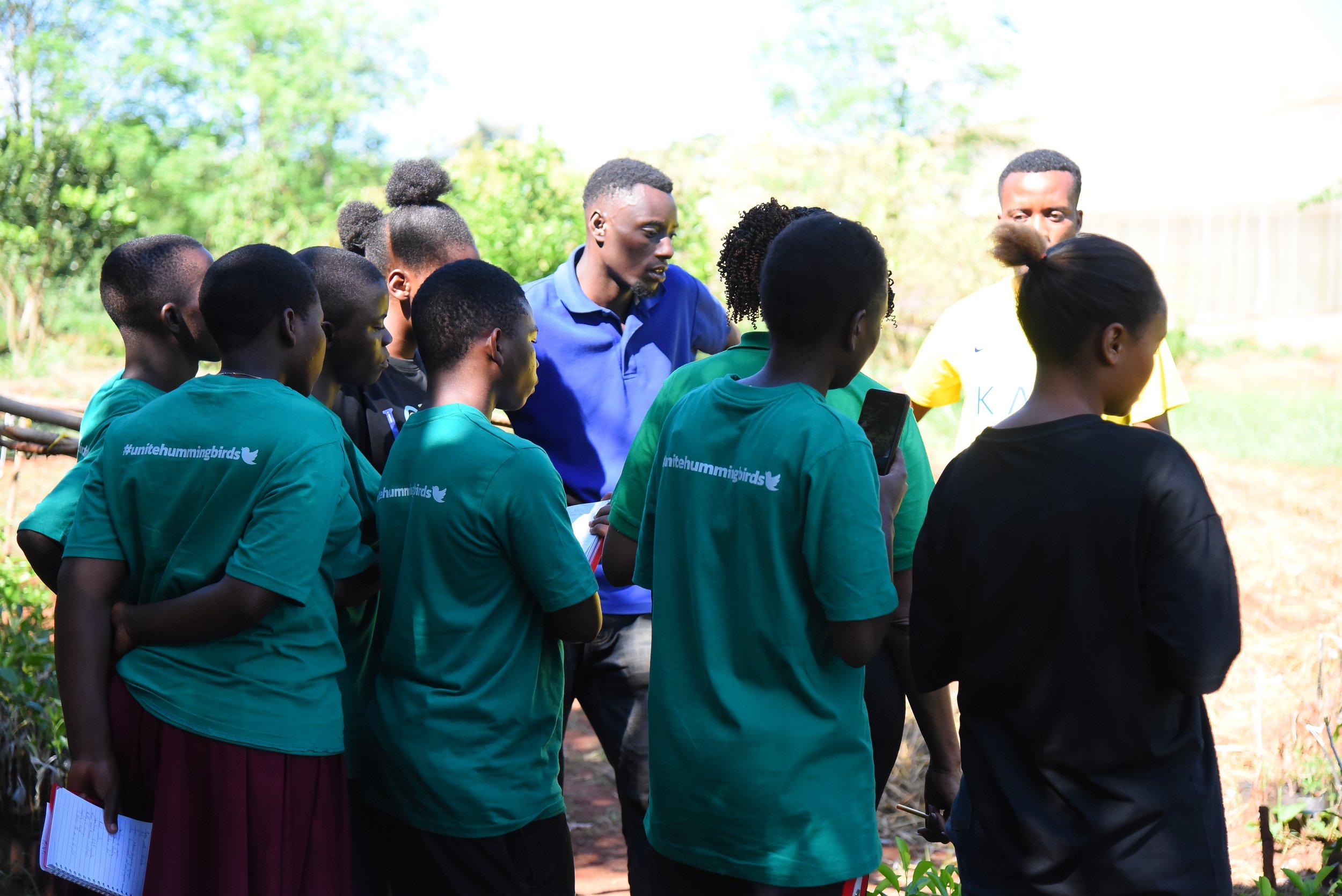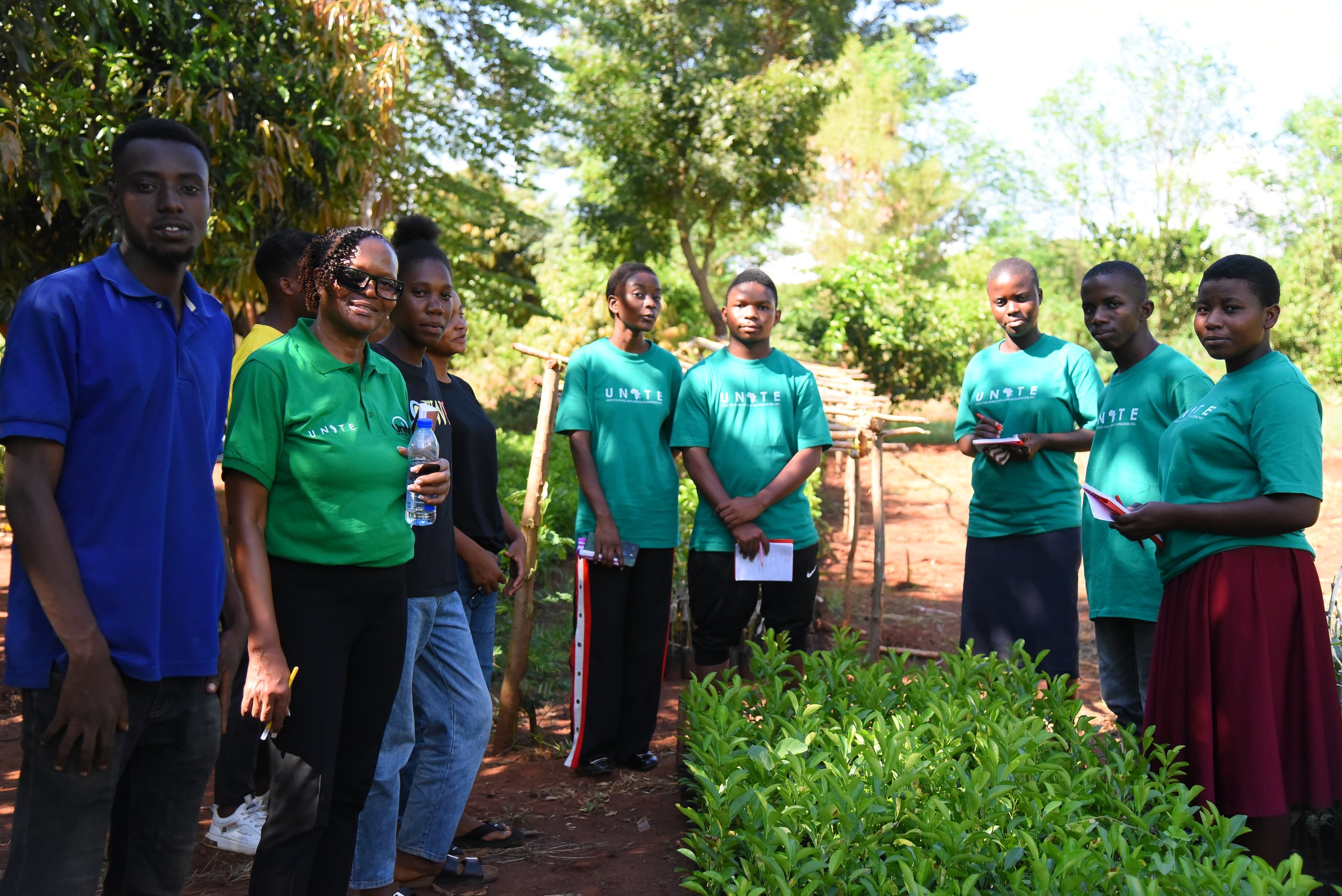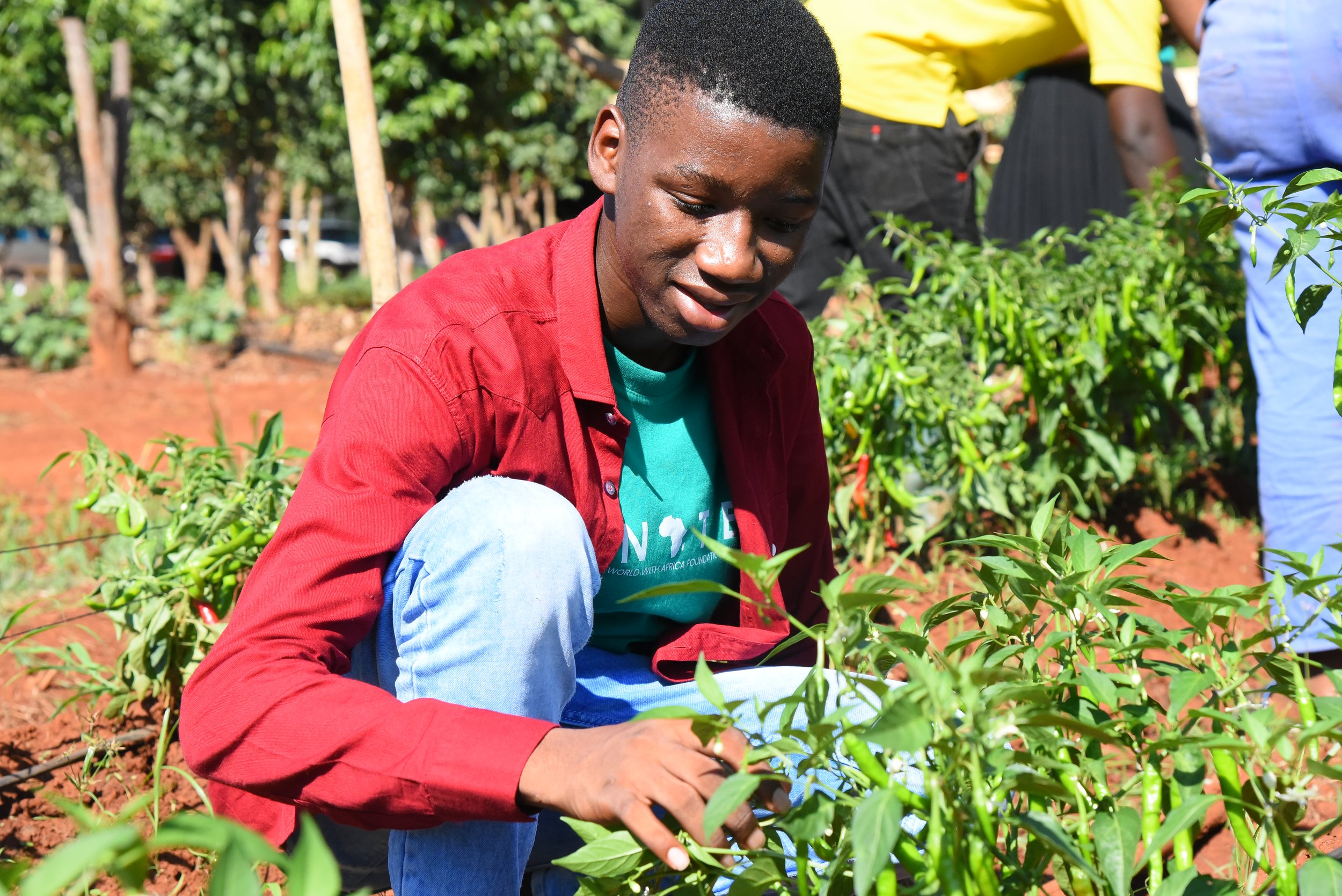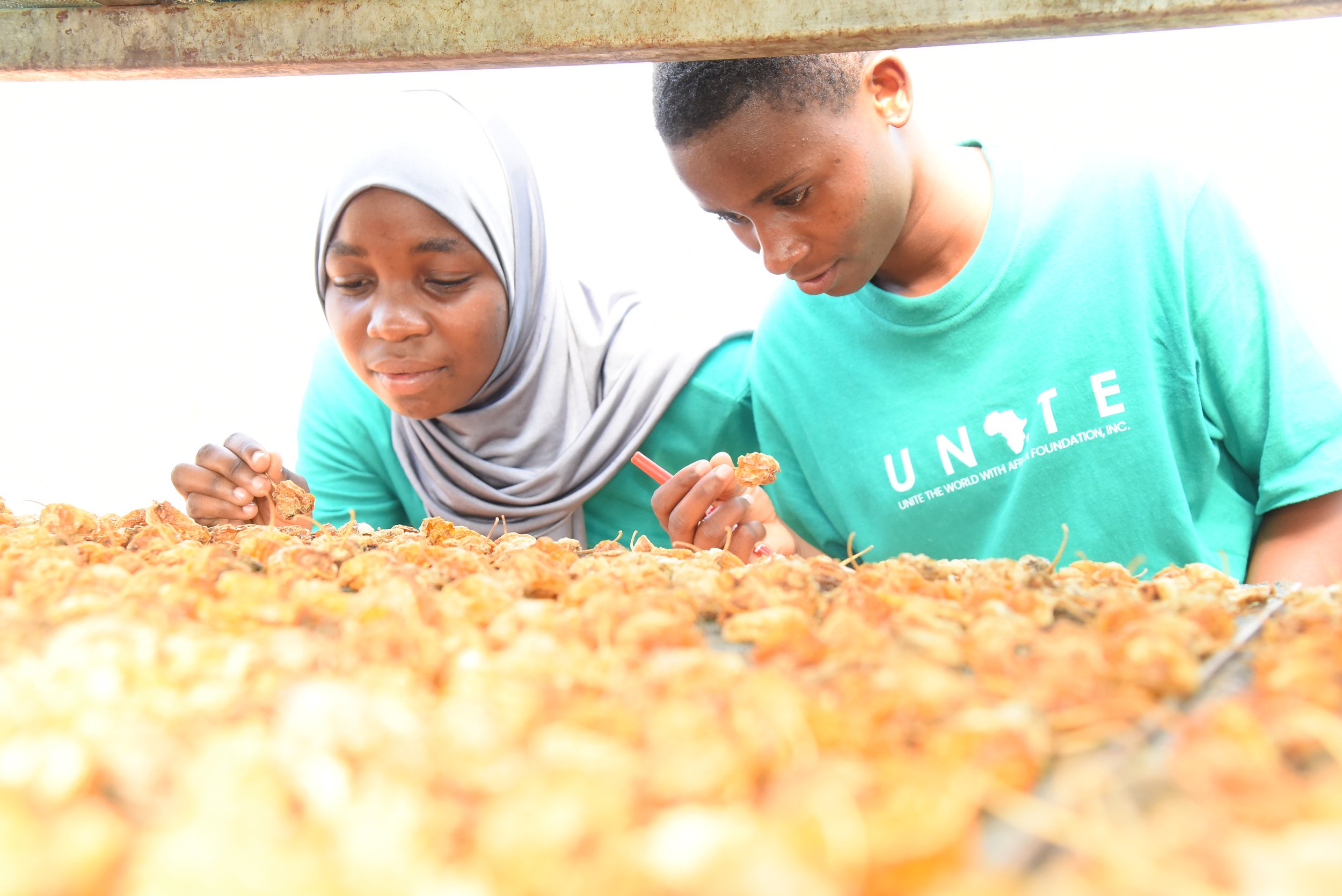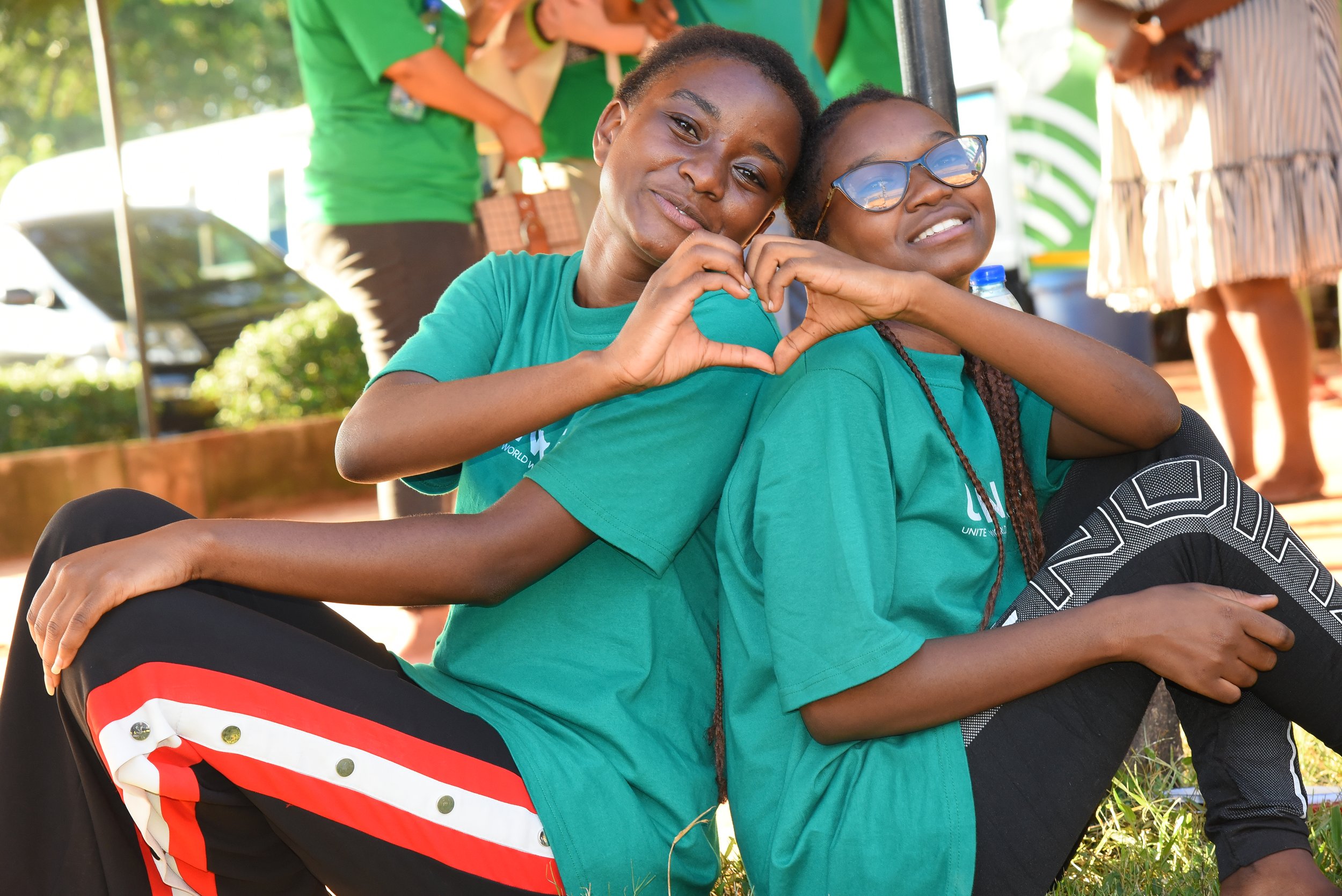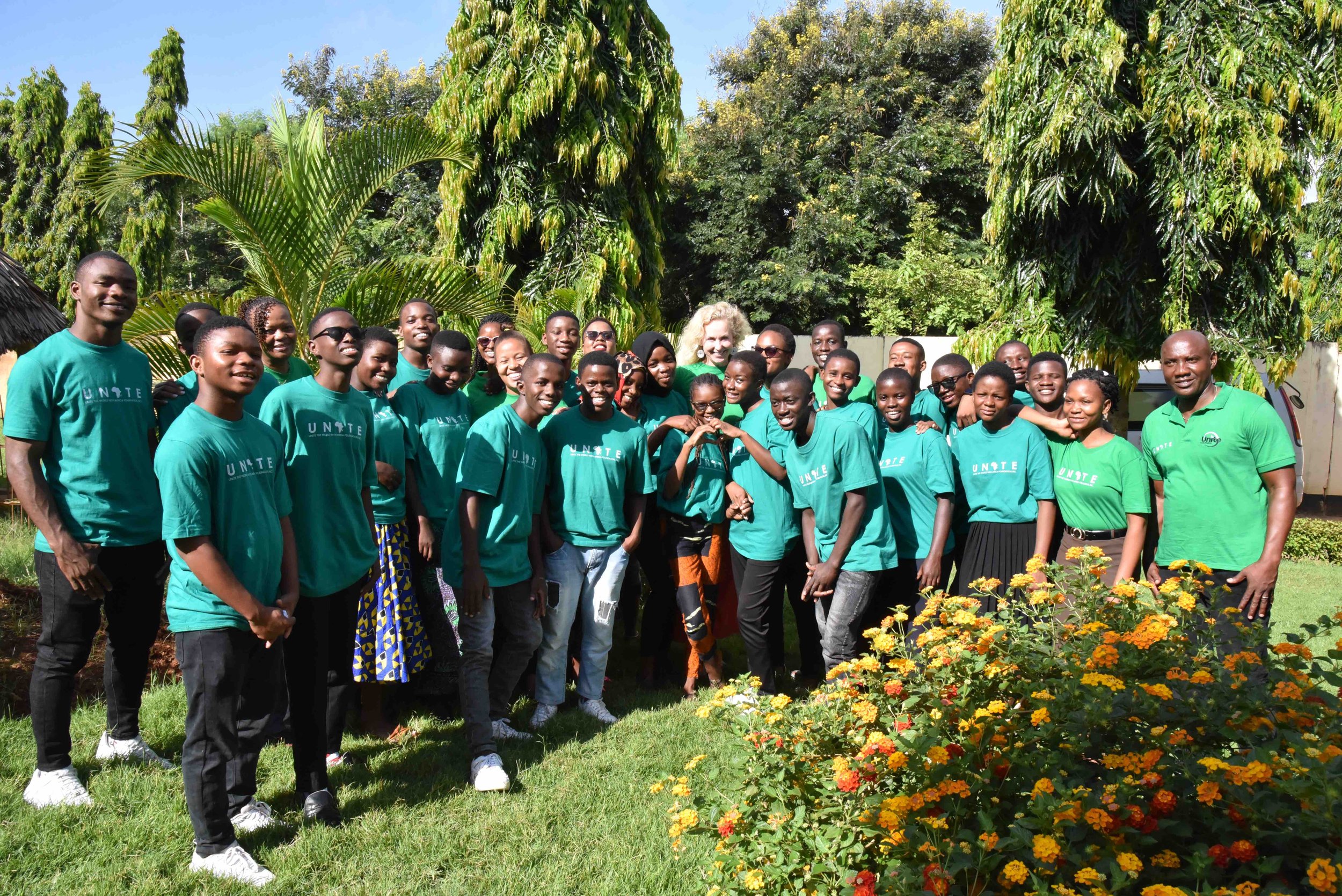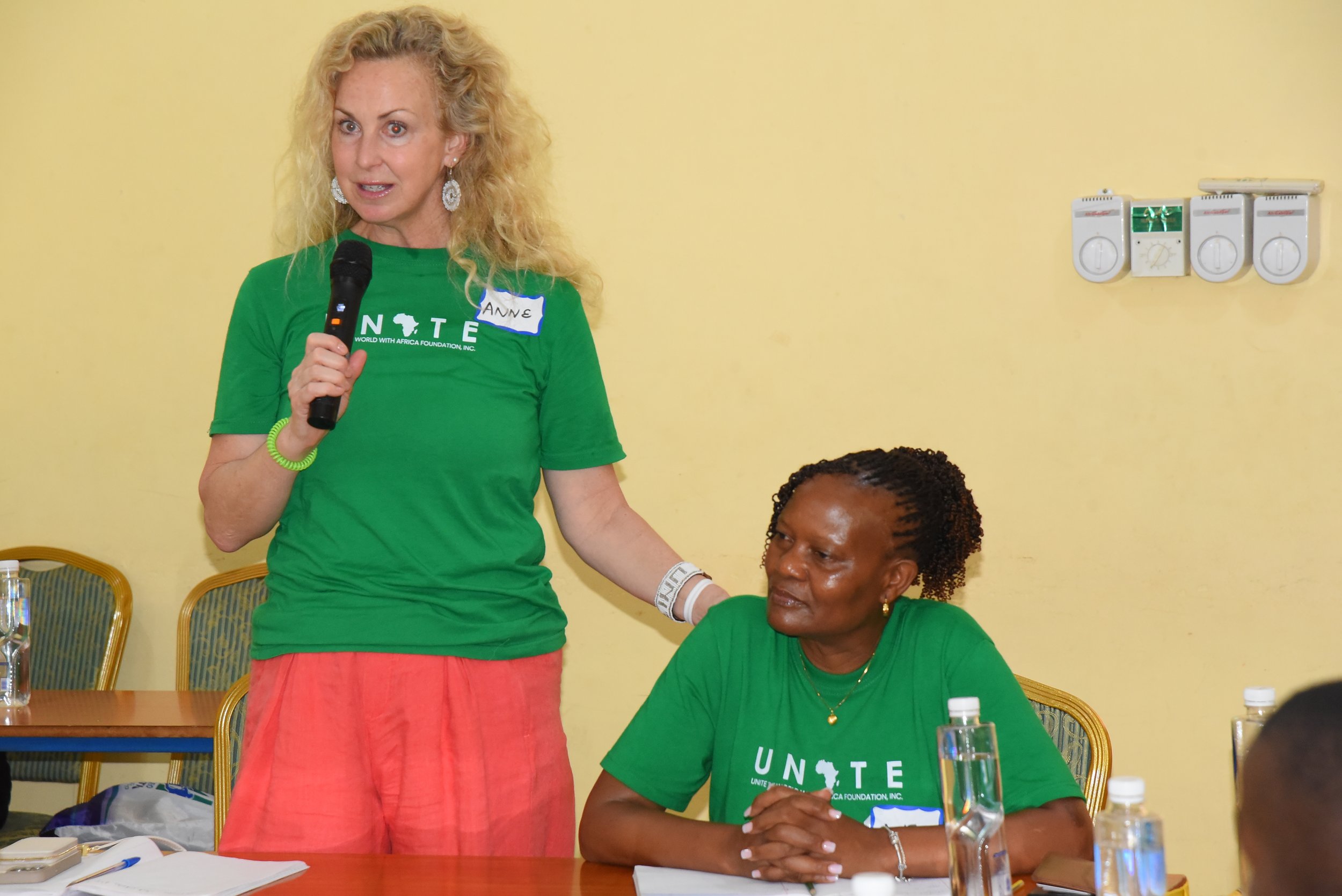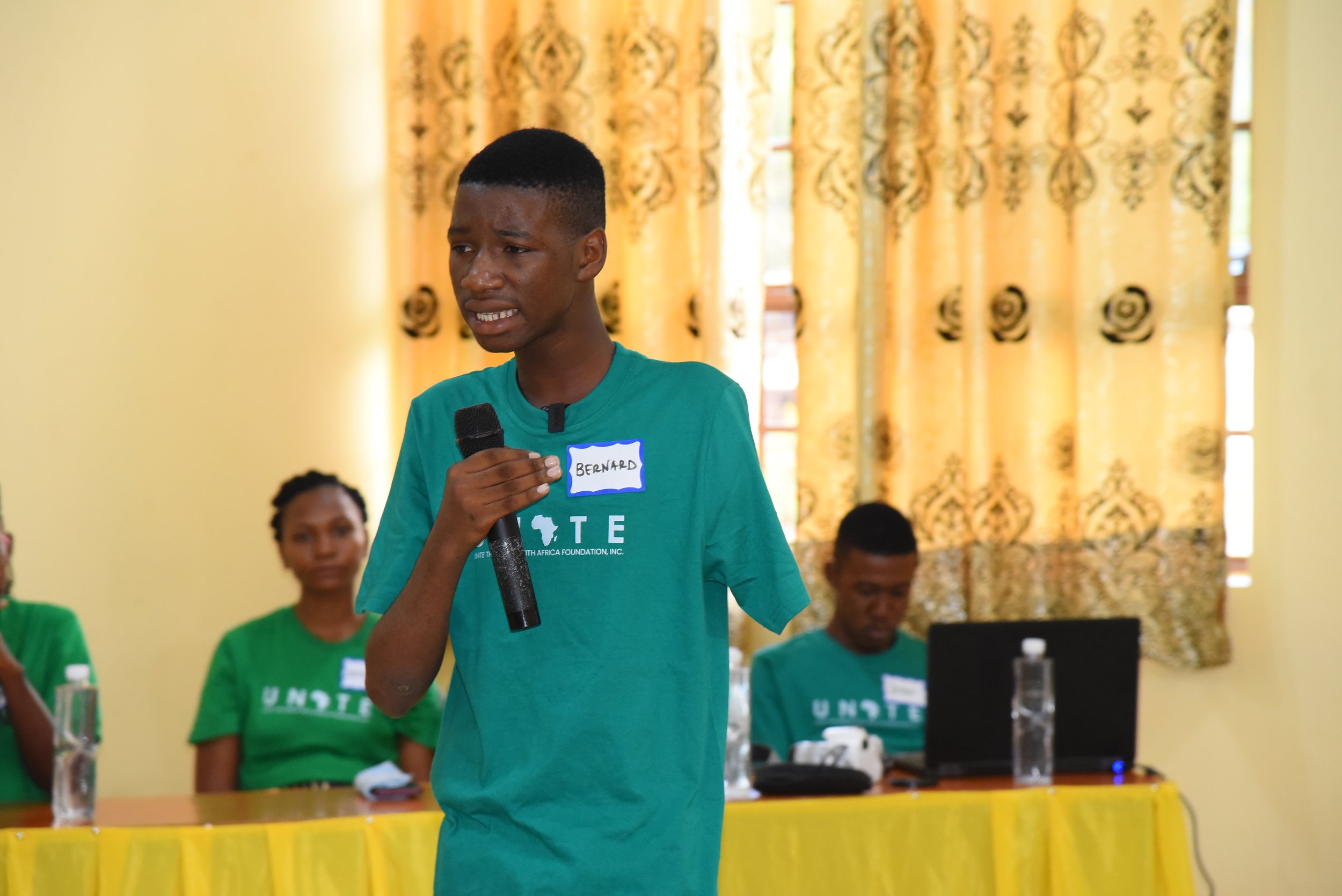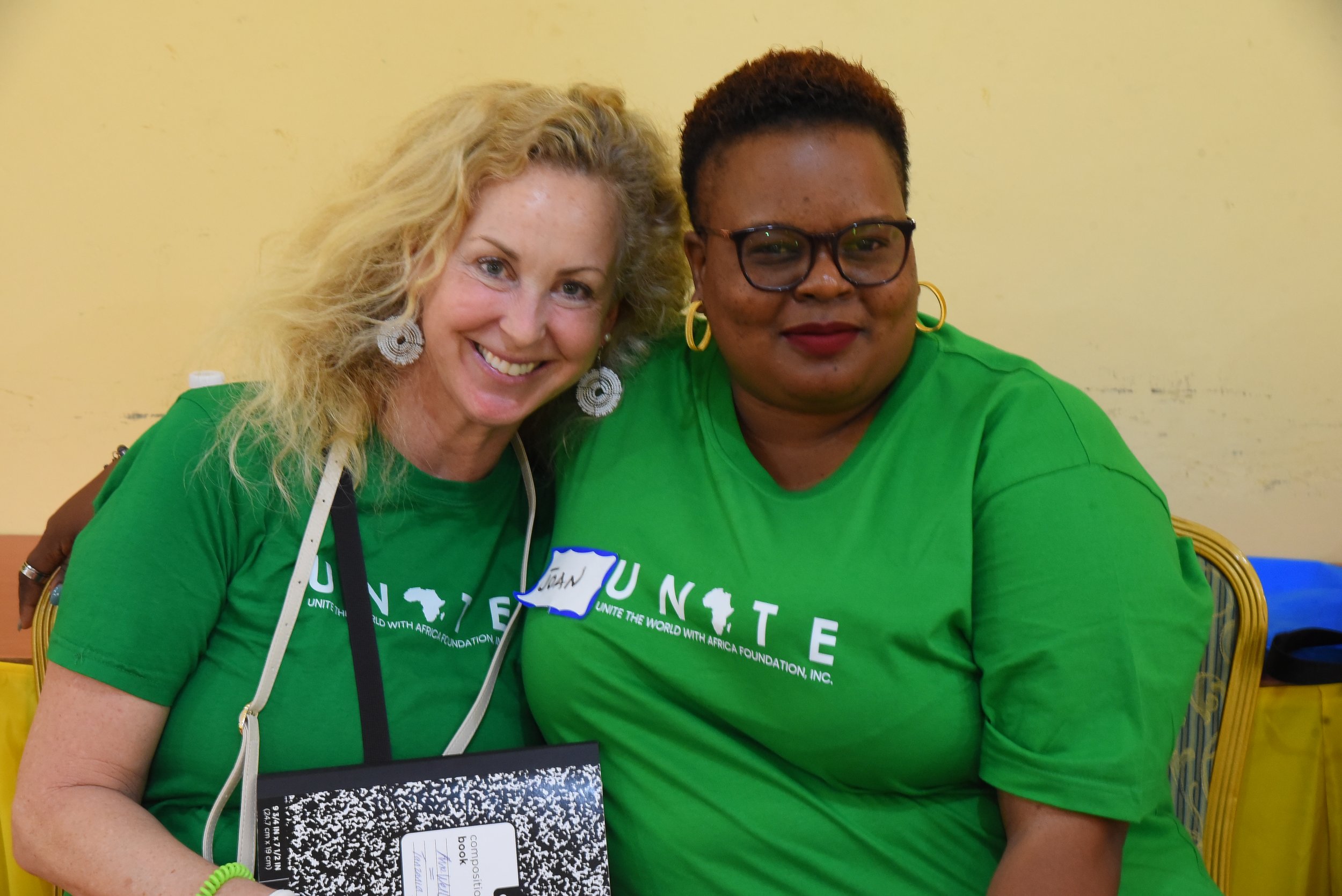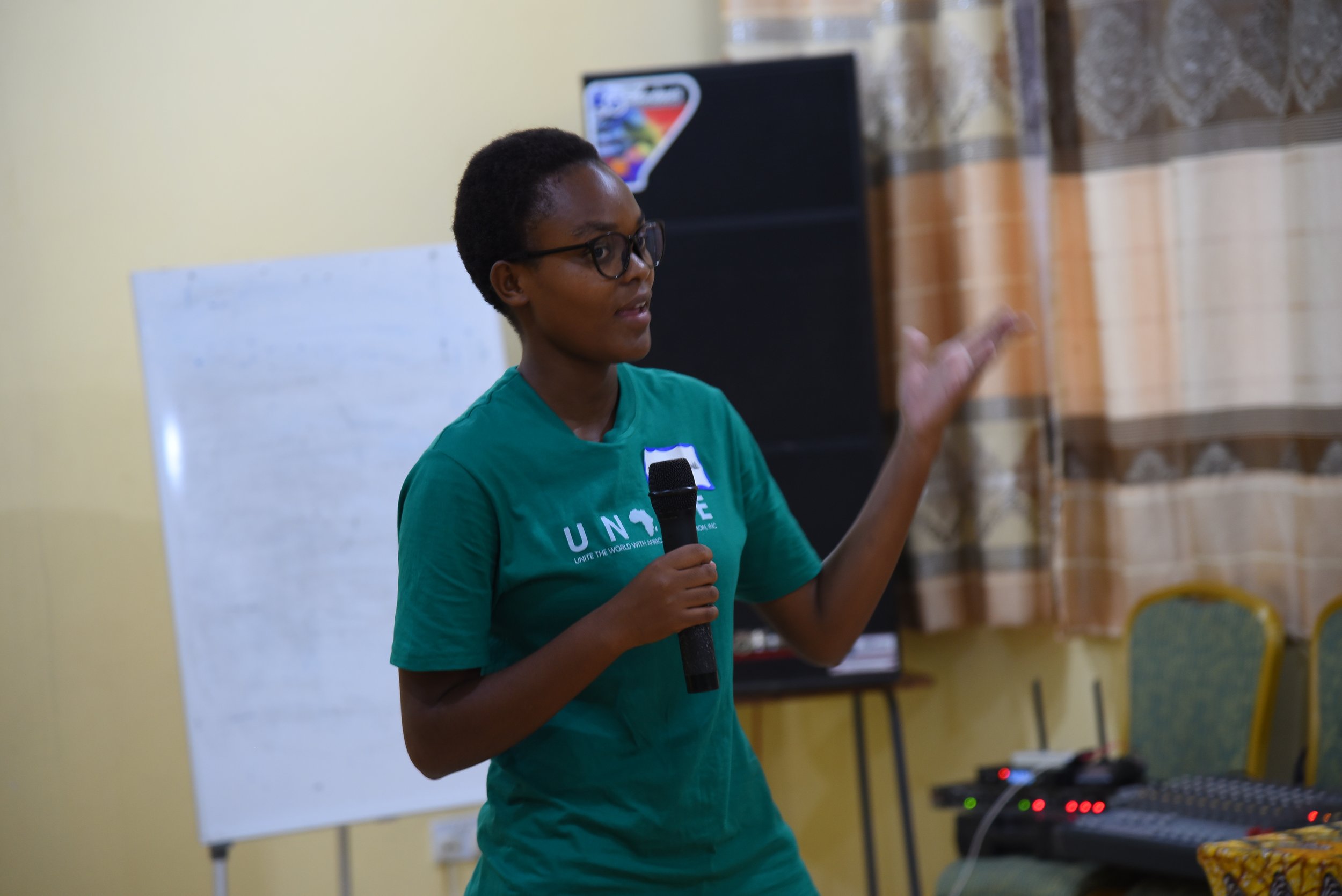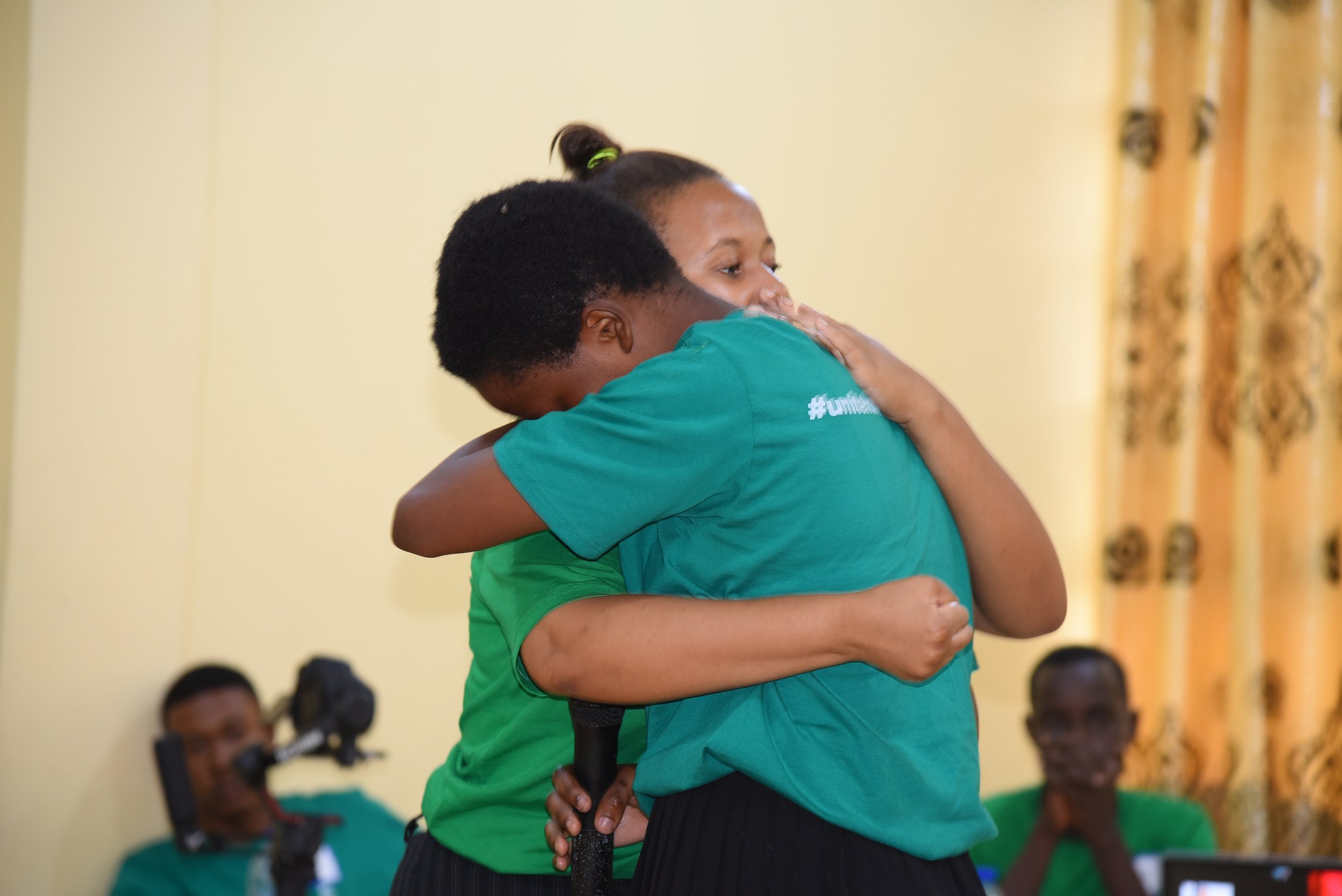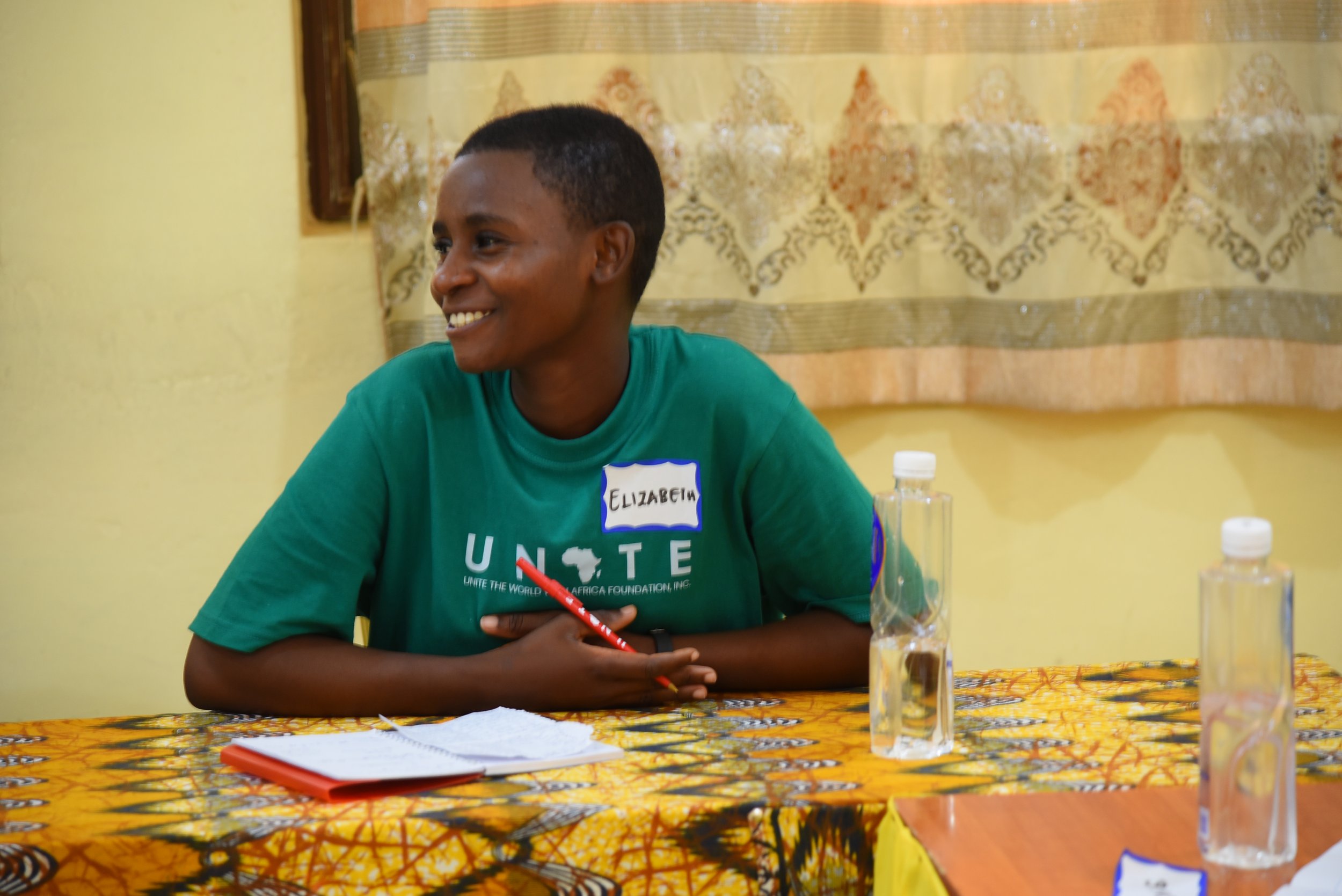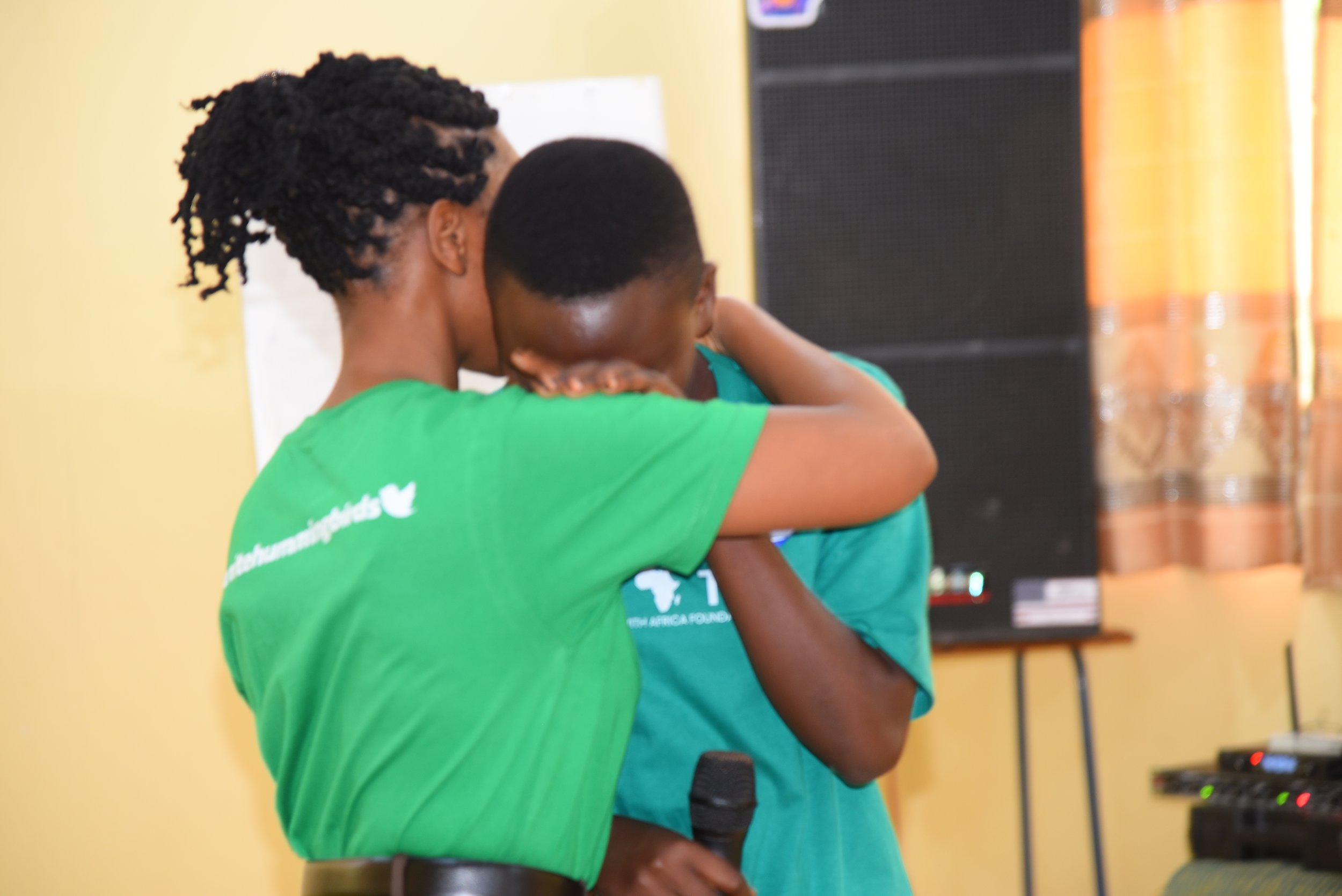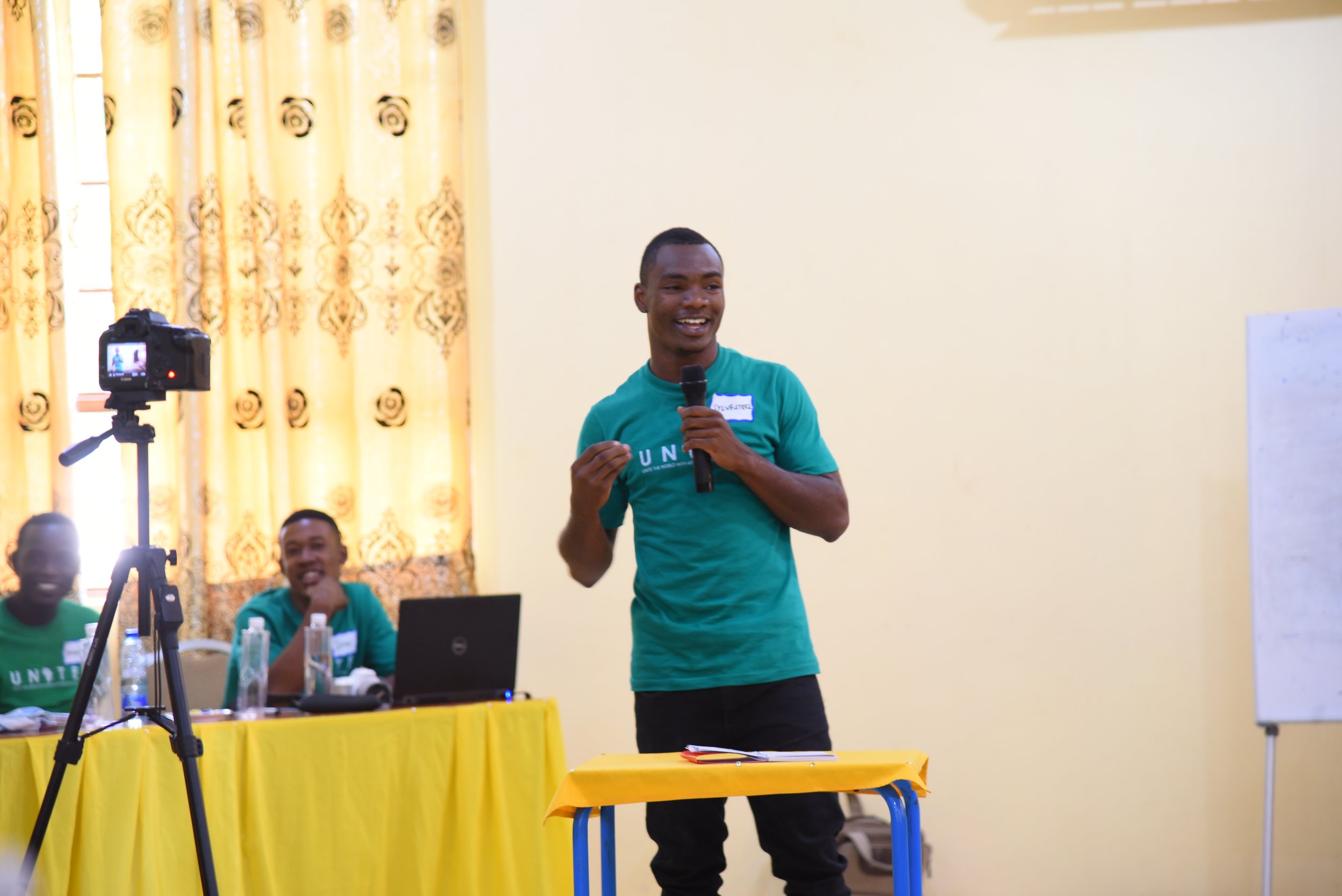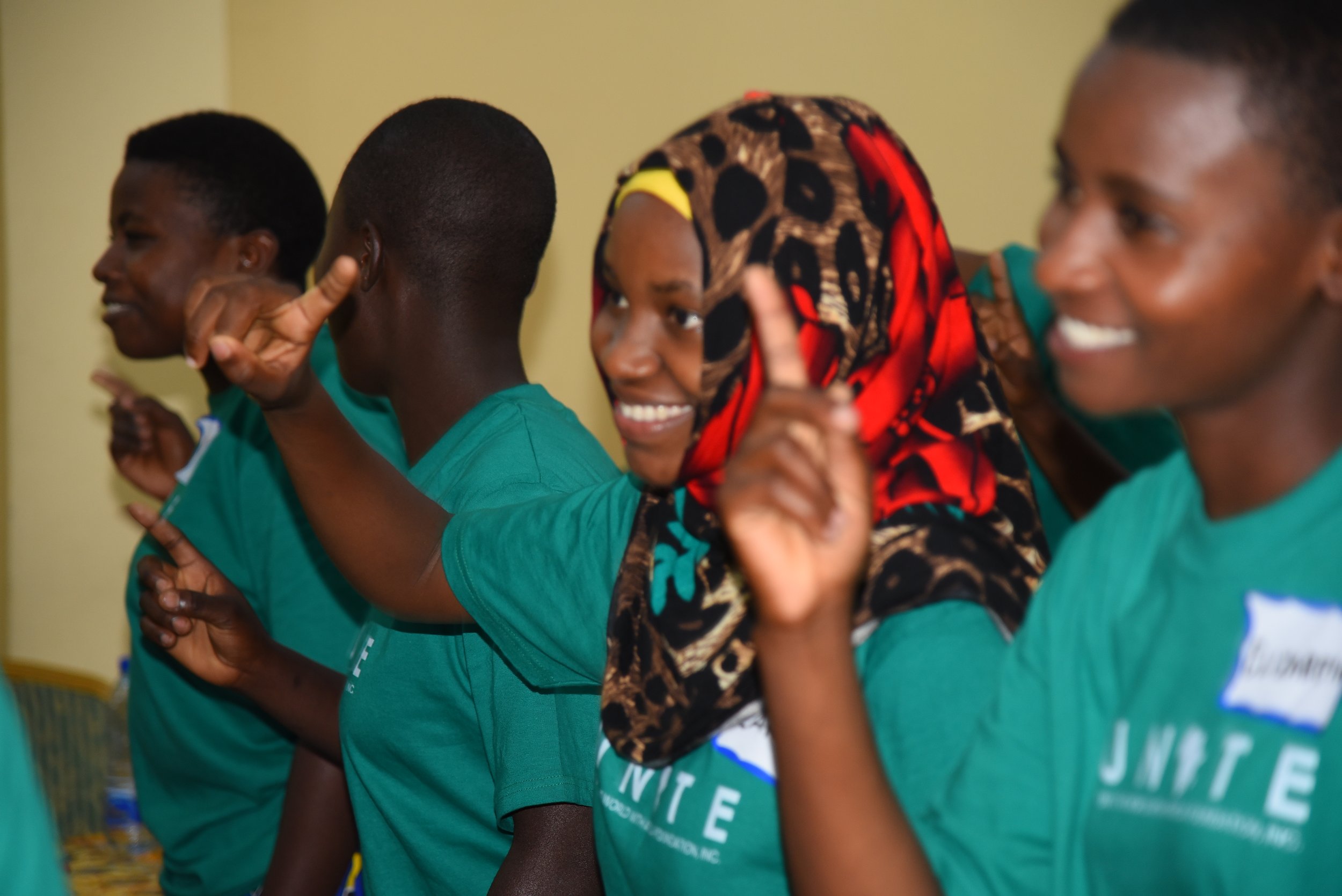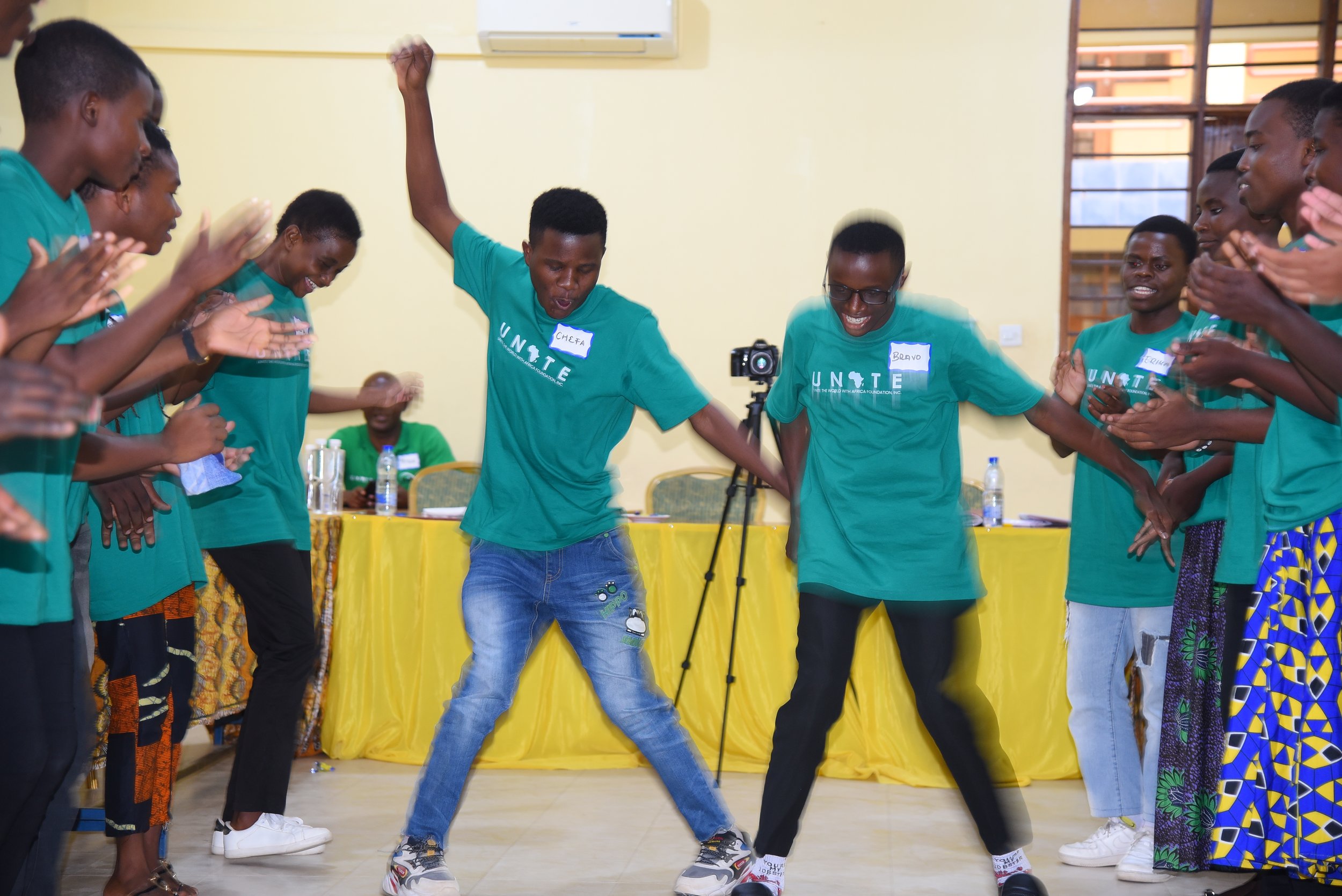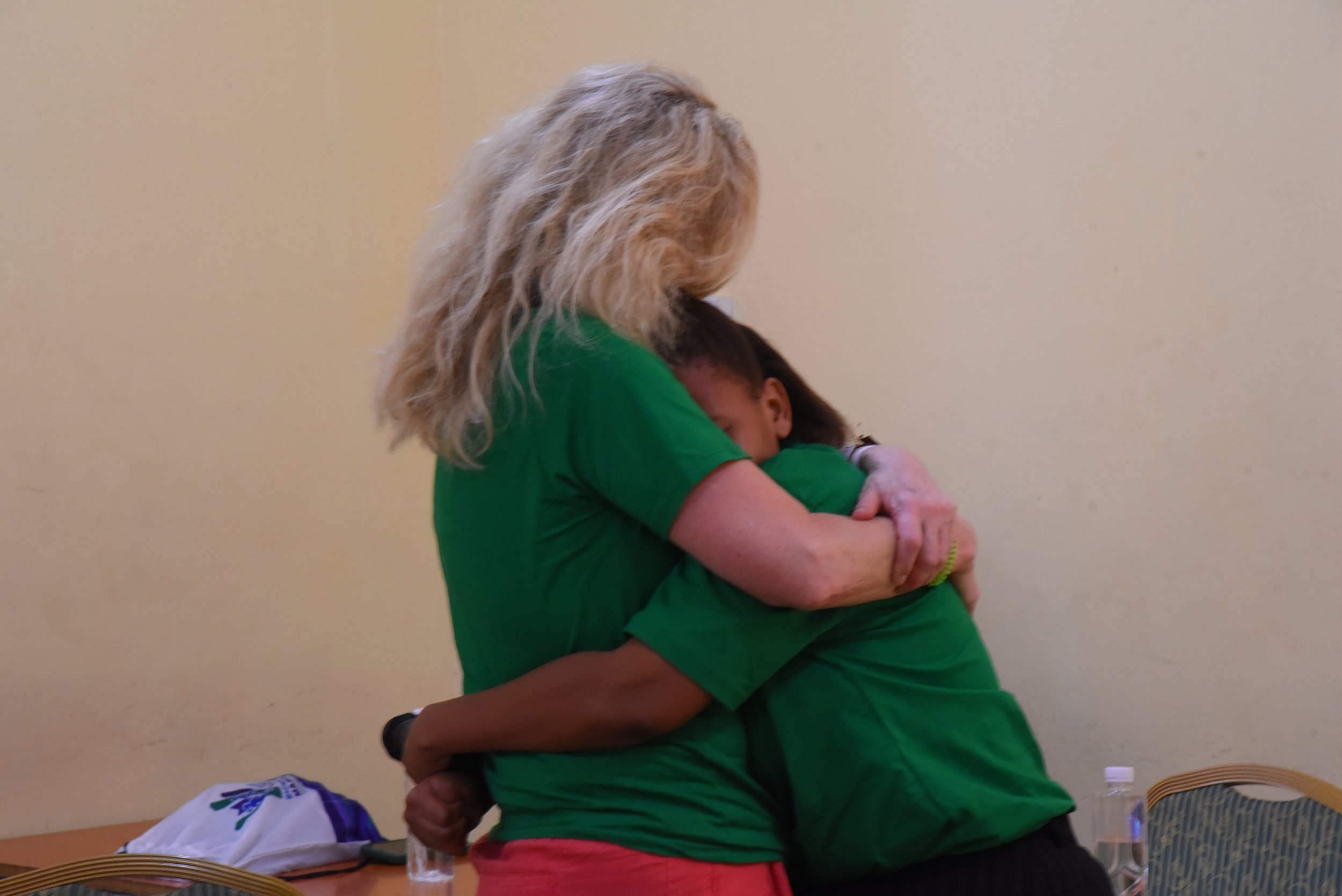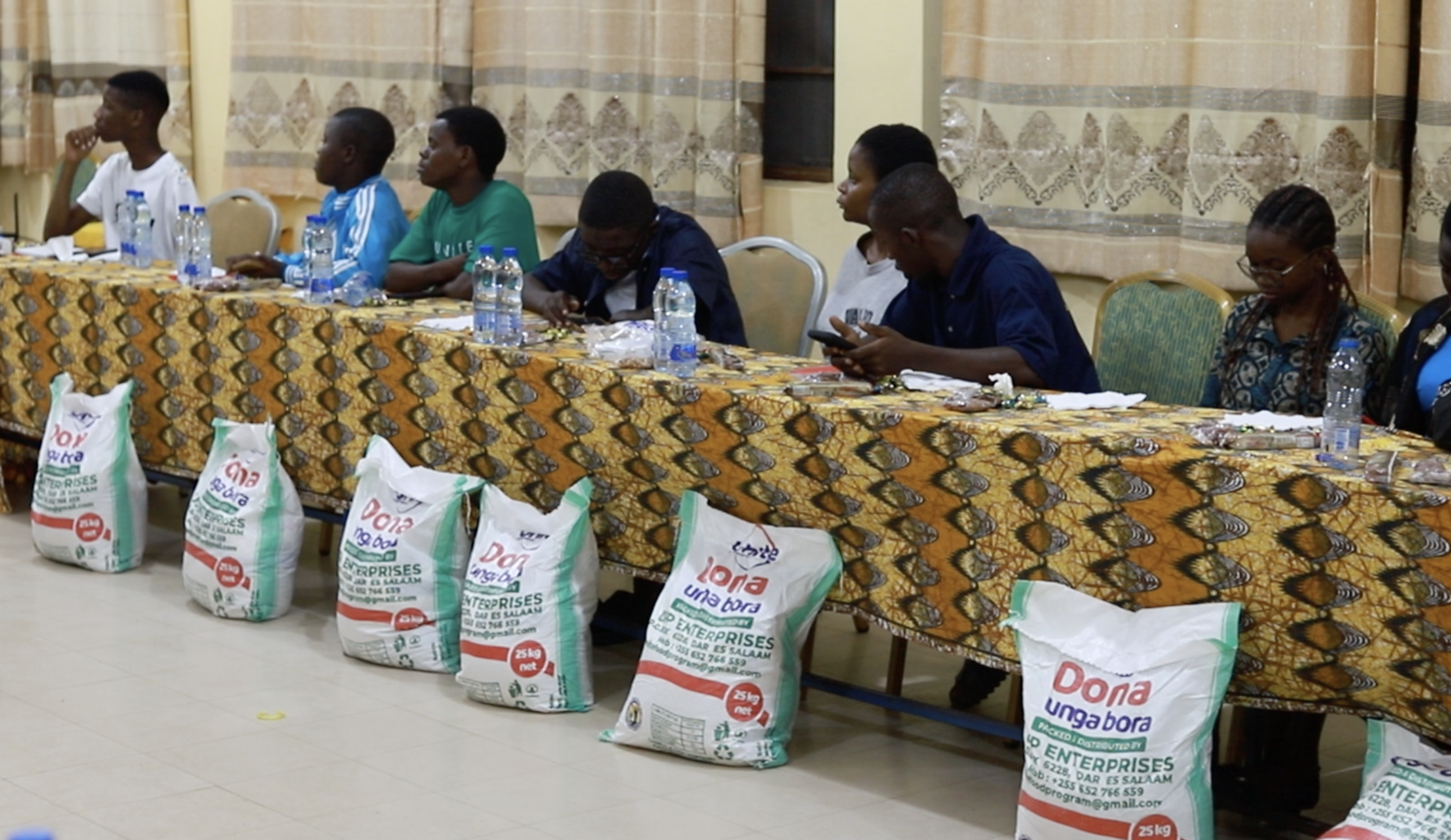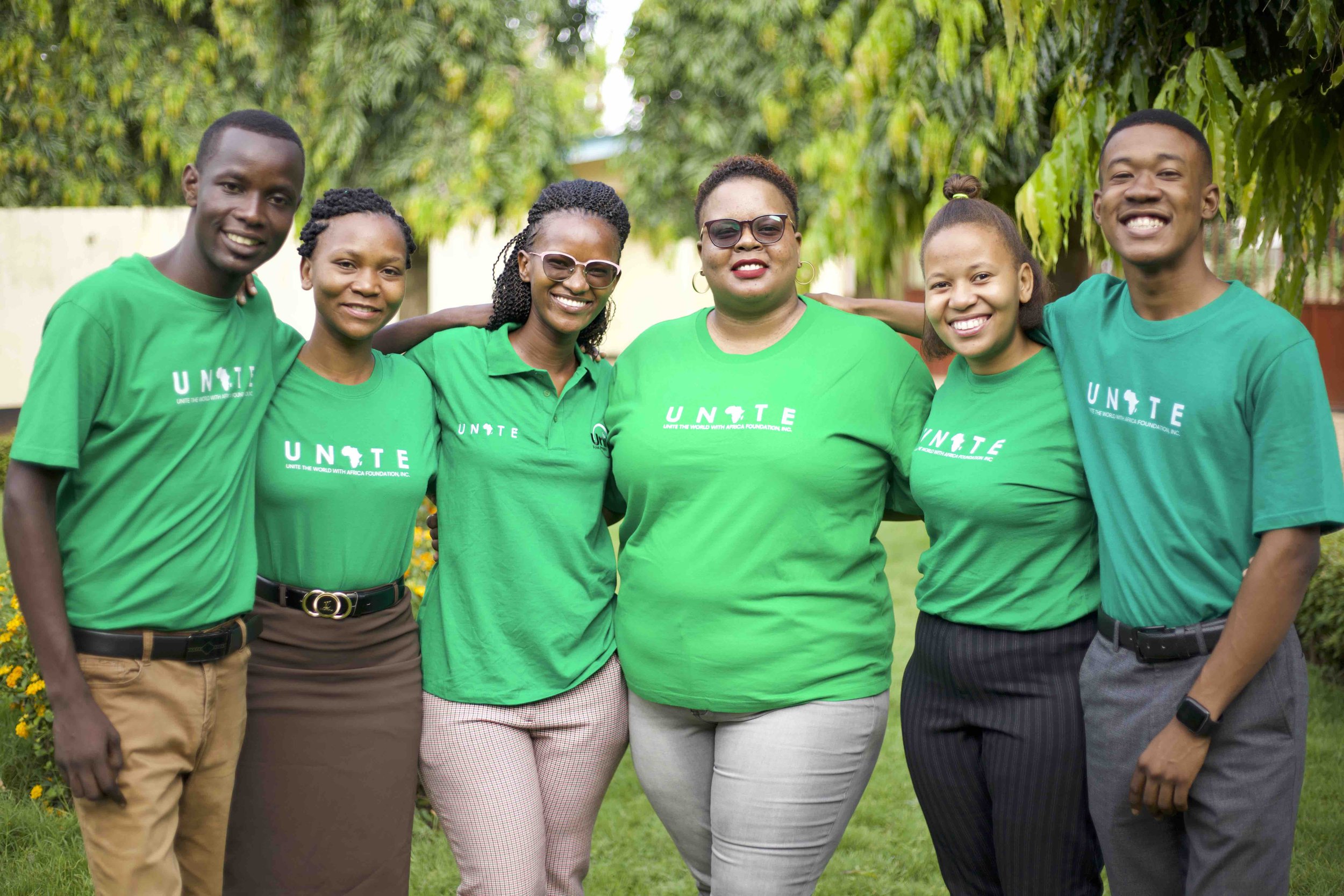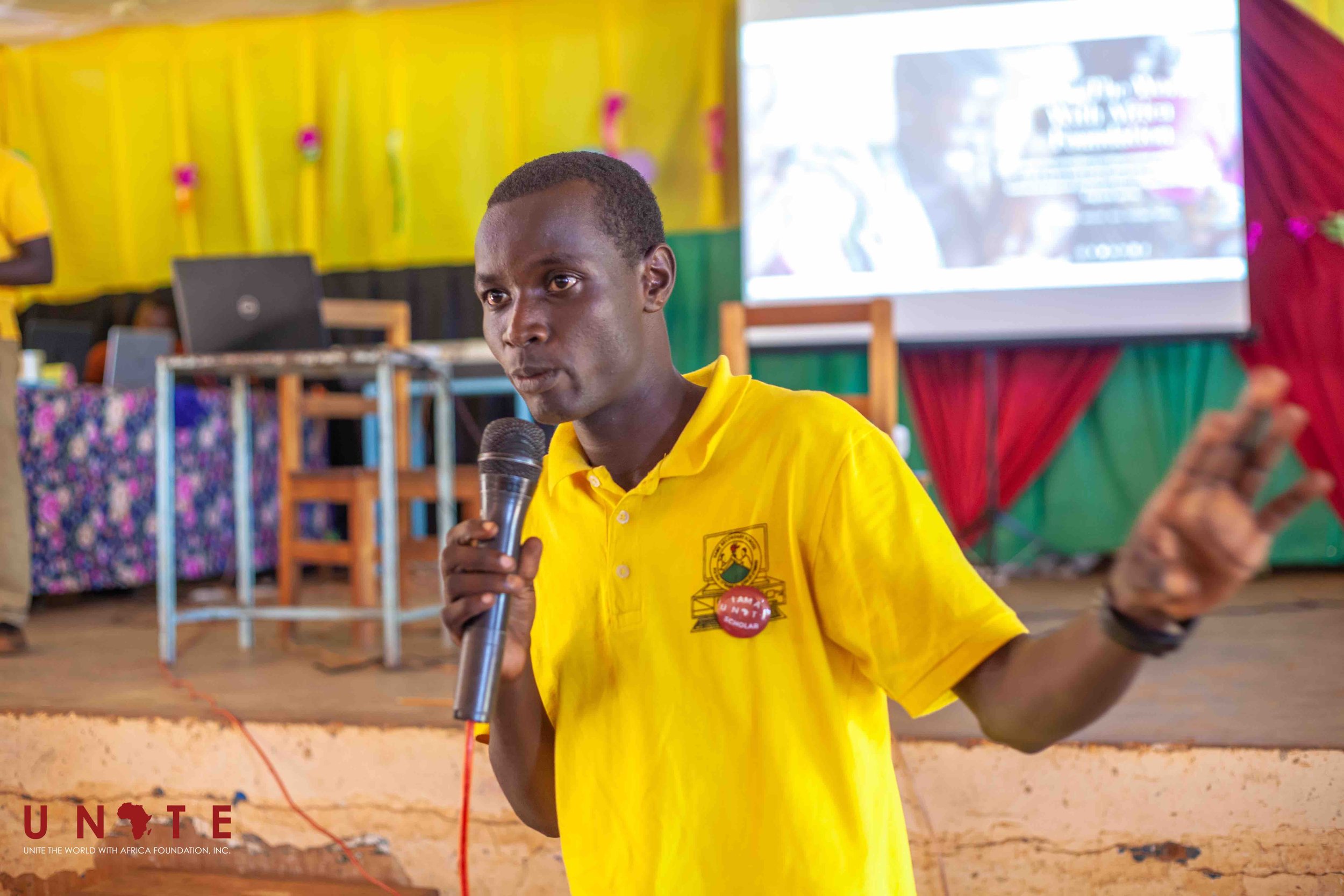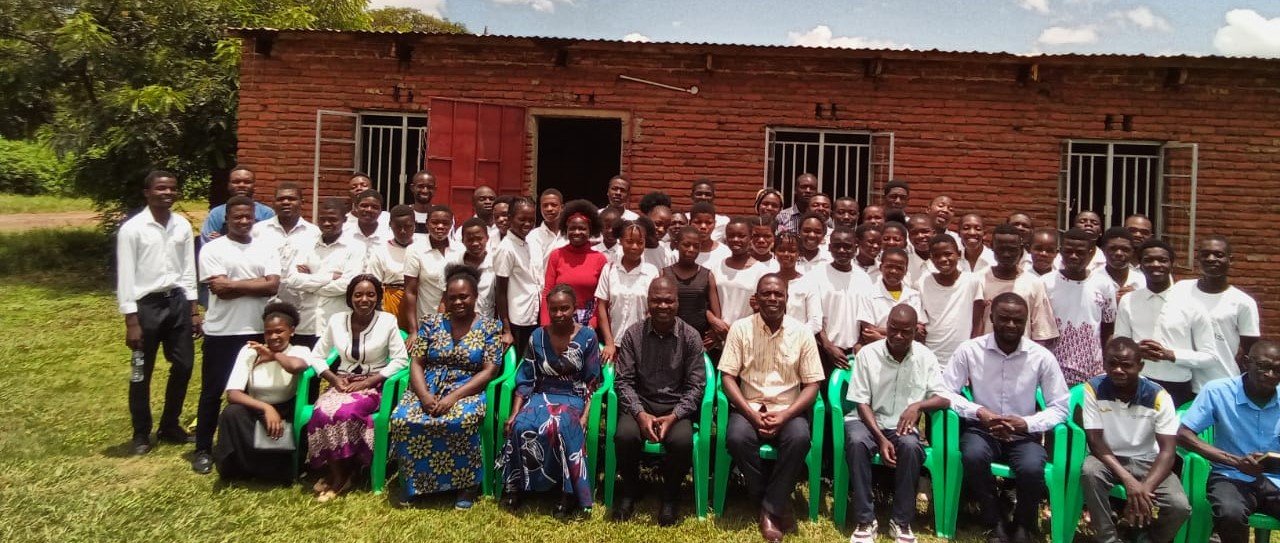We are thrilled to welcome 18 new brilliant young people to our Unite Scholars Program. Earlier this month, our team and this talented class convened in Dar es Salaam for a week-long “kick off” event. Activities included introductions and contract reviews and signings; extensive trainings from our Unite curriculum (including personal branding, sexual harassment and bullying, time management, and presentation skills); field trips (to Unite Food Program to be trained in small business operations and entrepreneurship and to a local bank to open savings accounts and learn about financial systems); the distribution of technology (everyone is most excited about their Unite smart phones!); talent shows; and more.
Our leadership team is now traversing the country conducting home visits to meet these scholars’ families, assess need, build trust, and cultivate critical community-based relationships. We are still in need of sponsors for many of these scholars. If you are interested in sponsoring, please email anne@uniteafricafoundation.org or click DONATE.
Why SPONSORSHIP matters?
Tanzania is facing a learning crisis: ~15% of students complete lower secondary school, 6% complete higher secondary, and less than 1% complete tertiary-level (college/university) education. *
Our Unite Scholars program provides comprehensive sponsorship through higher secondary and beyond into university (as needed) as well as one-on-one mentorship, big brother/big sister support, extensive soft skills and leadership trainings, entrepreneurship support to develop small businesses, paid internships, professional development, family support, healthcare, access to an engaged global network, and so much more. To learn more about all that is included in an annual sponsorship ($3,000), click HERE.
Meet two of our new scholars: Beby & Amos
(To receive bios, photos, and videos of Unite Scholars in need of sponsorship, please email anne@uniteafricafoundation.org.)
Baby Mawazo Kagoma, 20, with her father and new stepmother in Tabora region, Tanzania.
Beby, 19, is the third born in a family of five children. Her father is a peasant farmer and also sells charcoal. When Beby was 14, her mother left due to a conflict with her father. Her mother hasn’t be seen since. Following her mother’s departure, Beby’s father’s behavior changed. He starting bringing home women and stopped supporting his children financially and emotionally. Beby’s sister was married off at age 16, and Beby’s father wanted Beby to drop from school as well. Beby was left to fend for herself to continue her education. Beby’s older brother dropped out of school to work as a day laborer on neighbors’ farms and as a mason to help feed his siblings. And, to get through school, Baby would drop out for long periods of time to work as a house girl and/or day laborer to earn money to pay for school fees and supplies in order to return to the classroom. Her brother’s encouragement kept her focused on her studies.
Despite always arriving late to school (not able to afford bus fare) and with limited supplies (not even pads, soap, or pocket money), Beby somehow was able to perform extremely well. Her female teachers recognized her potential and banded together to provide her with the essentials she needed. Despite so many challenges and obstacles, Beby earned top scores throughout lower-secondary school and served as chairperson of the school’s Young Scientist Club. Now as a Unite Scholar, Beby will continue her studies fully supported and pursue her dream of one day working in the field of biochemical engineering.
“I am grateful for everyone who has supported me on this journey, including my brother and teachers. Their encouragement has kept me moving forward, and I am determined to achieve my dreams.” ~Beby Kagoma
Amos Saguda, 18, with his mother and two sisters at their rented home in Morogoro region, Tanzania.
Amos is the second of three children born to peasant farmers. Sadly, when Amos was 7, his father died leaving his mother alone to care for the family. As members of the Sukuma tribe, Amos’ mother was not allowed to inherit anything from her husband (her home, land and possessions all went to her husband’s brothers). Amos’ mother is a rice farmer who works as a day laborer on other people’s farms to earn money. She also rents an acre of land (a 30-minute walk to and from their home) to farm for food for herself and her children. Her income is not enough to meet even their most basic needs, which means Amos has often gone without food as well as school supplies, transport money, uniforms, etc. Life has been so challenging that Amos’ mother even sent Amos and his sister to live with an aunt in the Songea region of Tanzania, so the aunt could provide better care, nutrition, and support. However, sadly,his aunt could not afford to care for them either, and Amos went to work in a mine as a child laborer to earn mother for himself and his sister. Somehow, Amos made it through primary school and performed so well that he was given a spot at the prestigious government Tabora Boys School for his lower-secondary education. While there, he was an active member of the school’s Unite Club and served as class coordinator and music coordinator of a religious club.
As a Unite Scholar, Amos will now continue with his education, fully supported in all ways. His dream is to pursue work in the field of medicine after his aunt (who had tried to care for him) and her baby recently died during childbirth due to a lack of medical professionals to provide proper care.
When Amos is home, he farms rice, raises chickens, and tutors other students to help earn money to support his family. As a Unite scholar, he will receive a grant to grow his small poultry business.
Source: World Bank.







